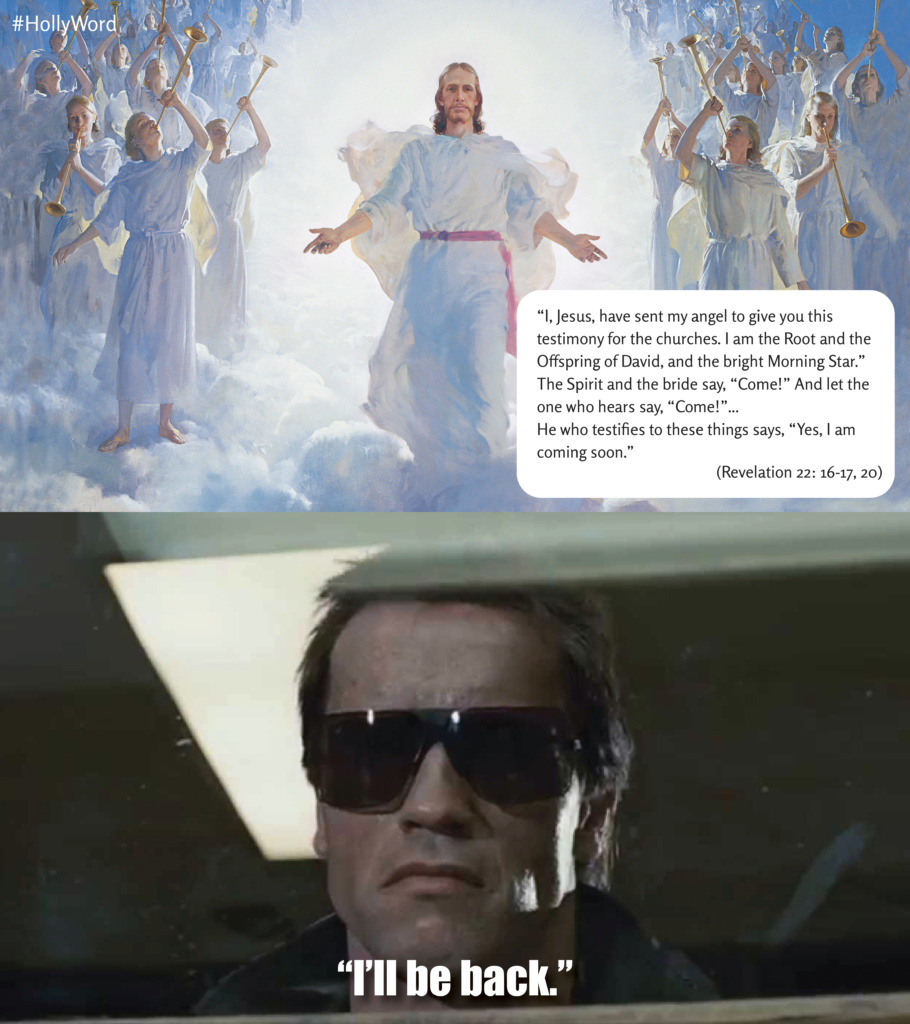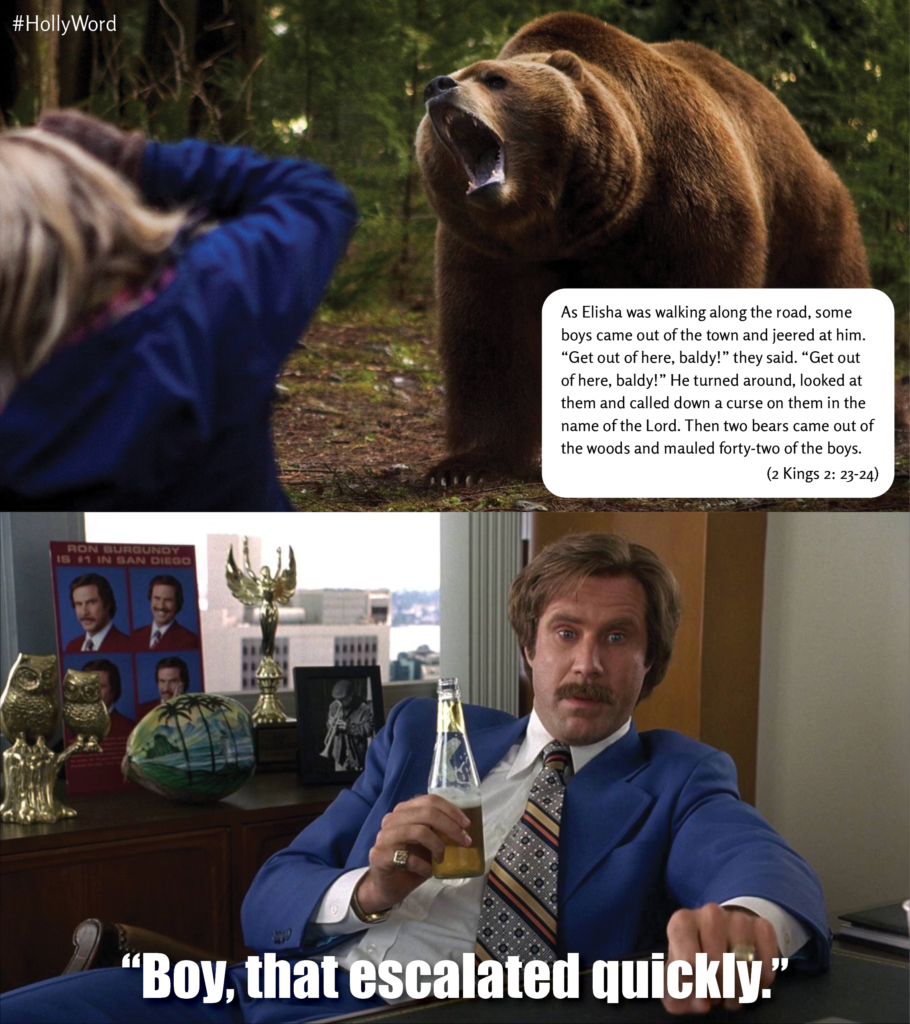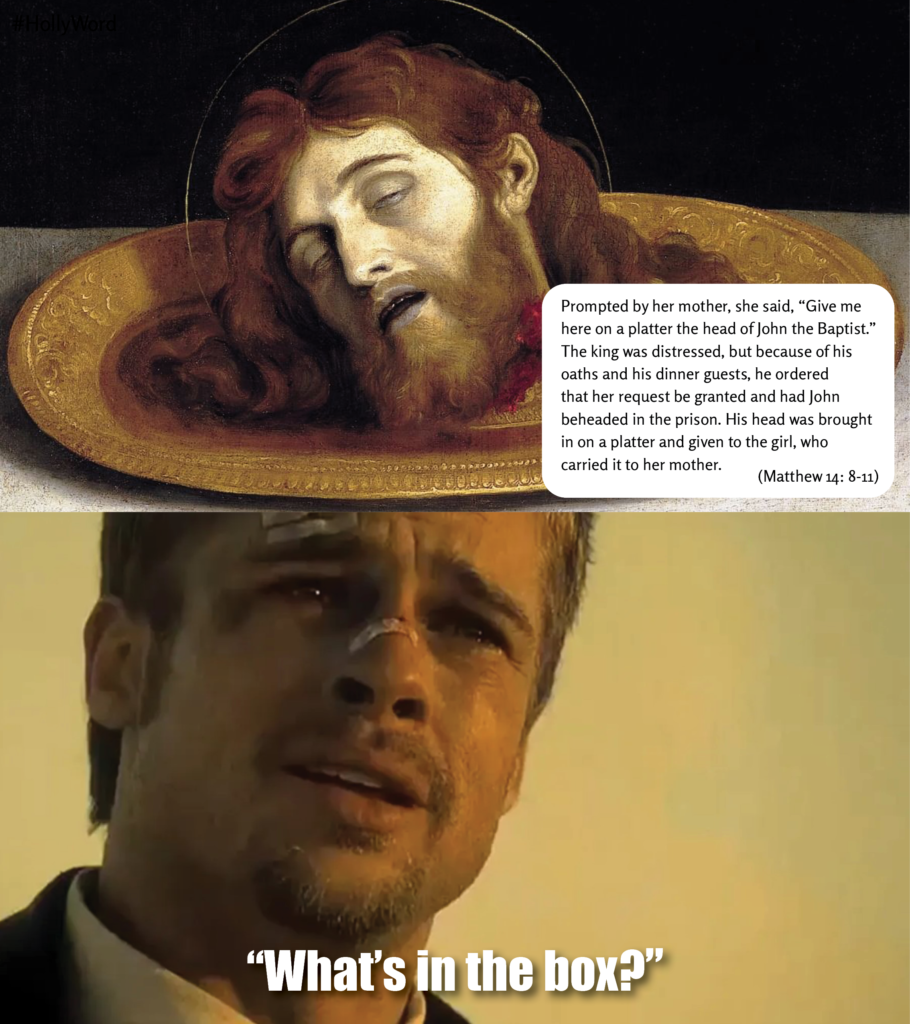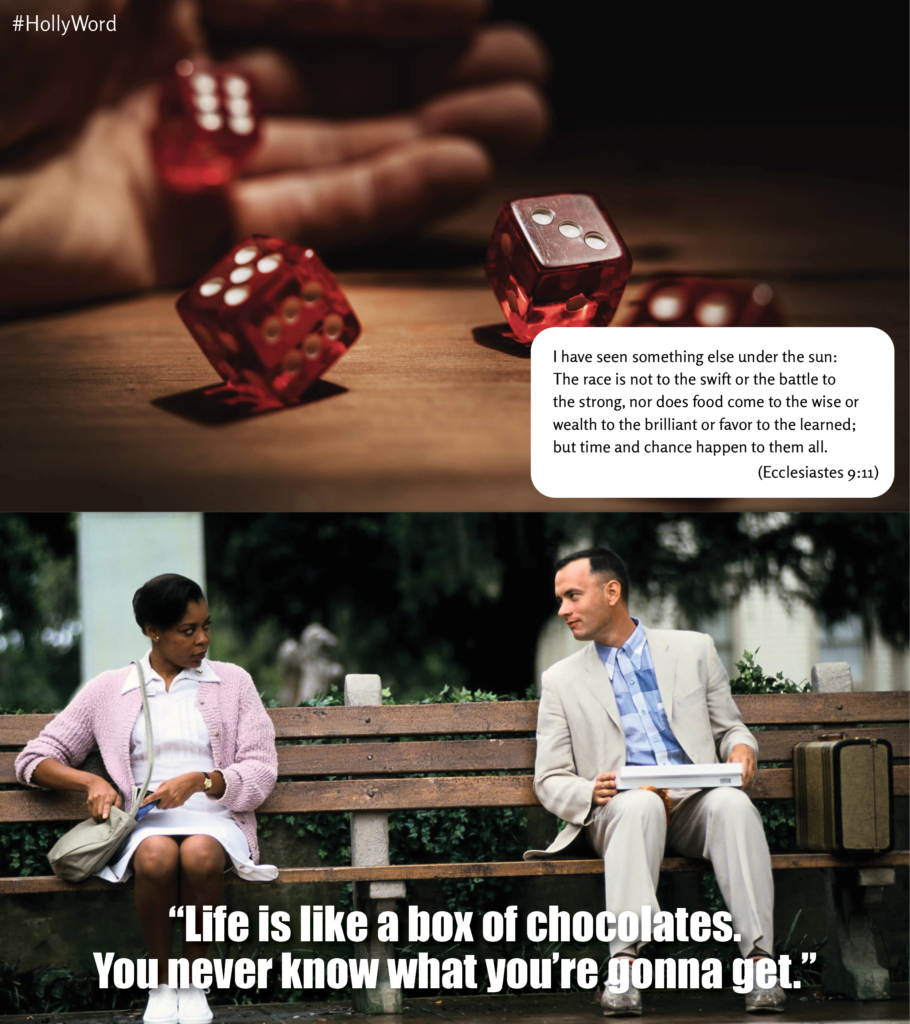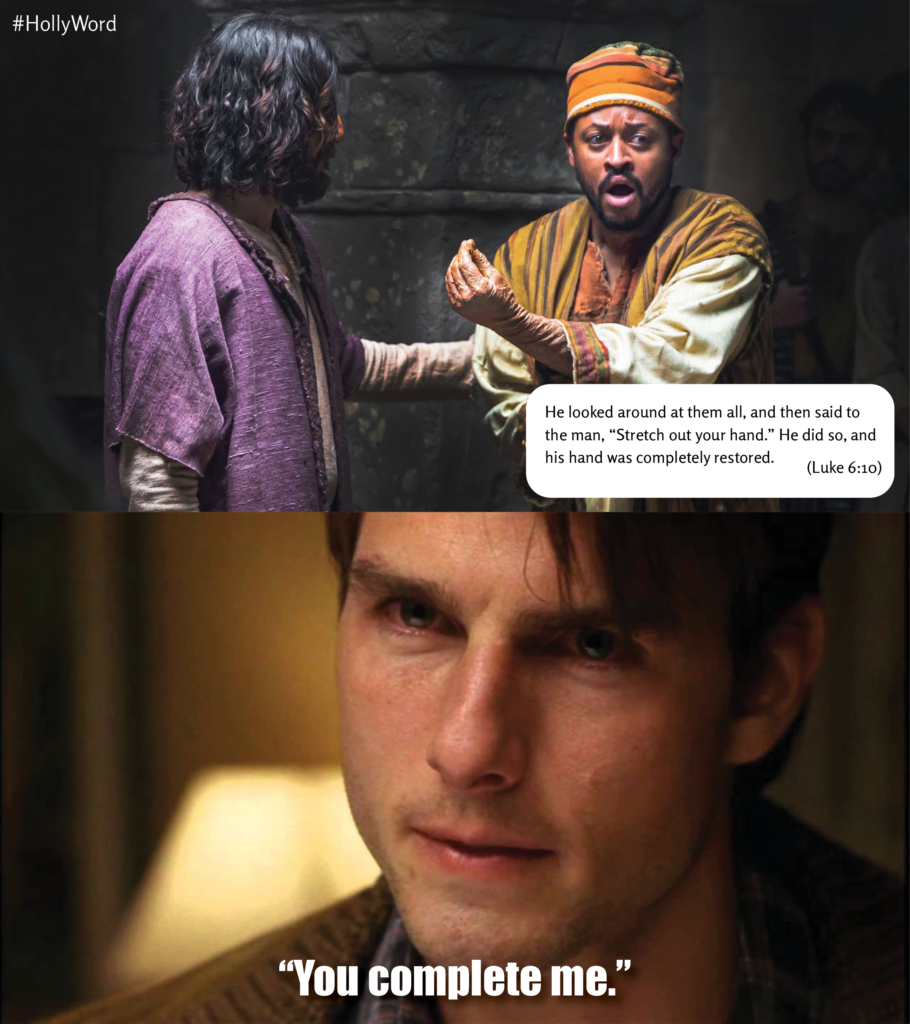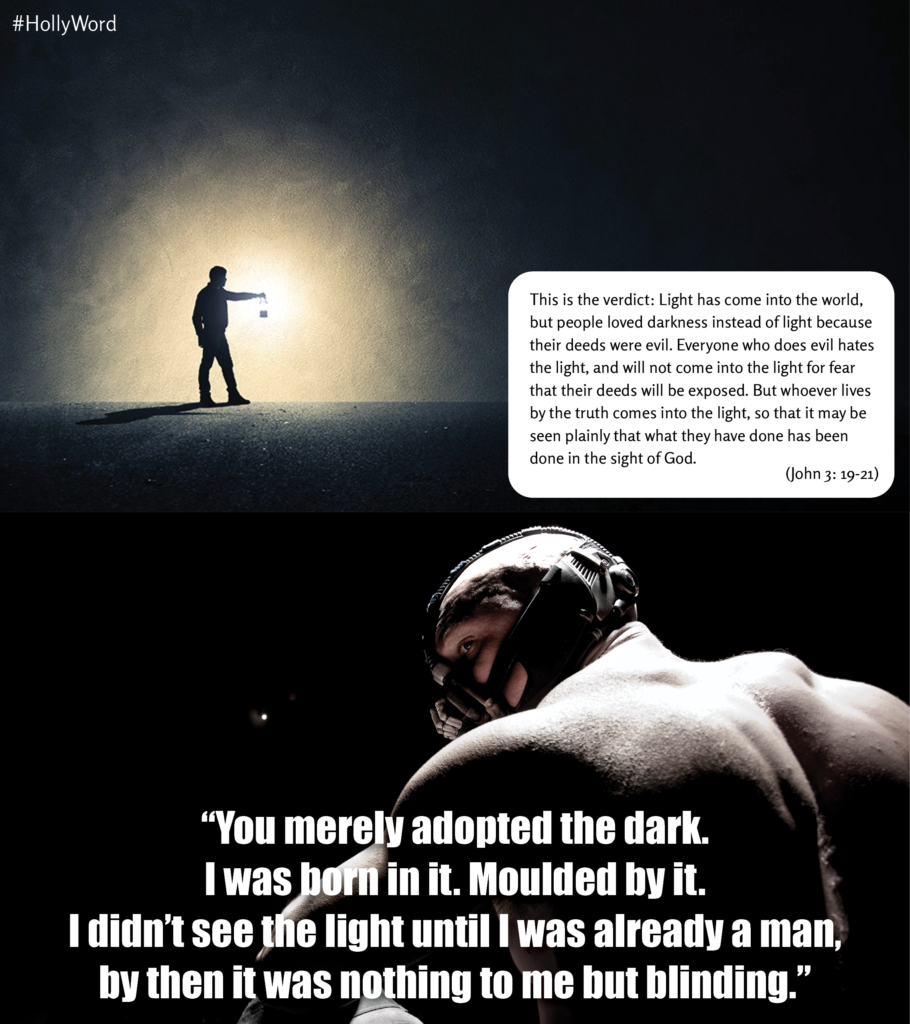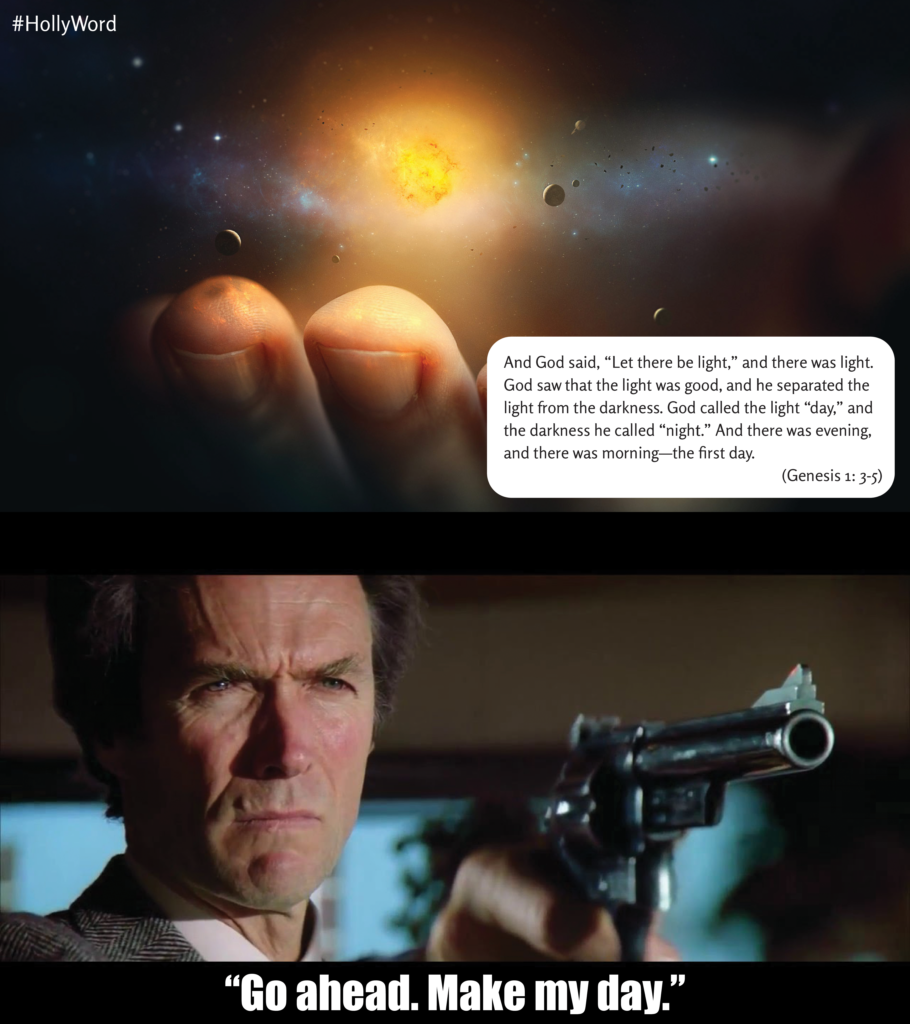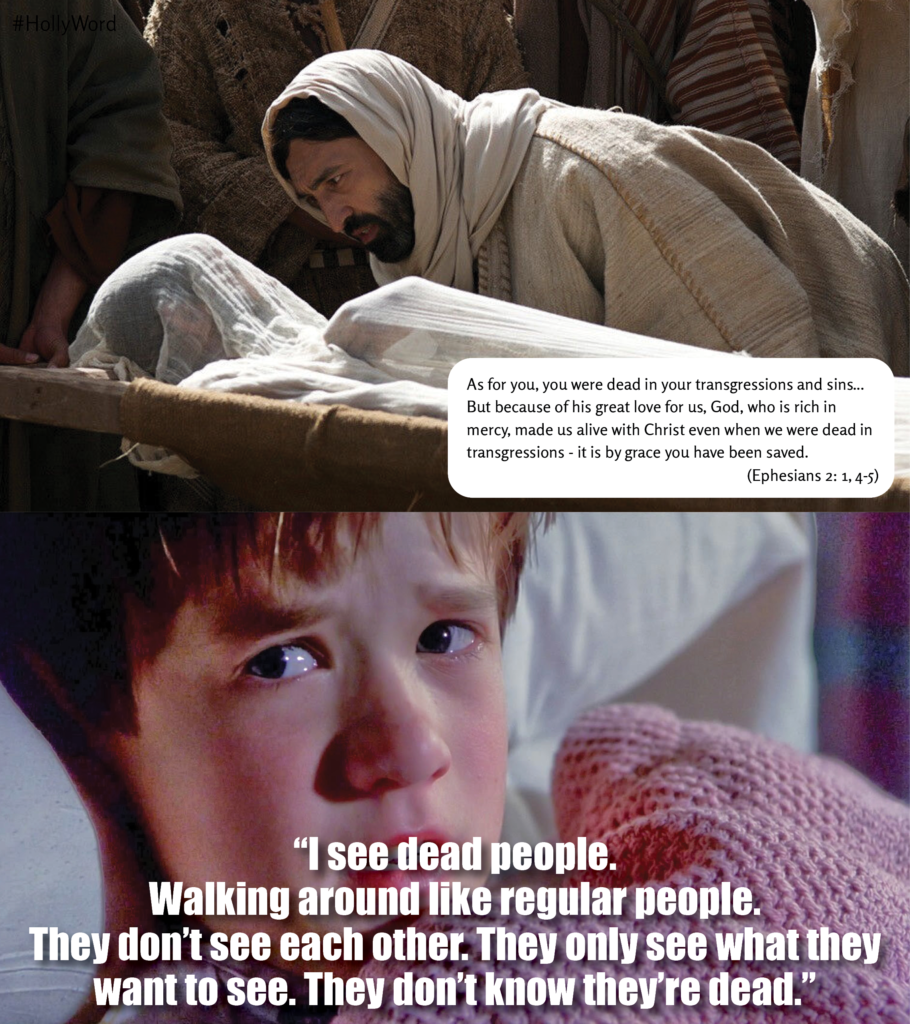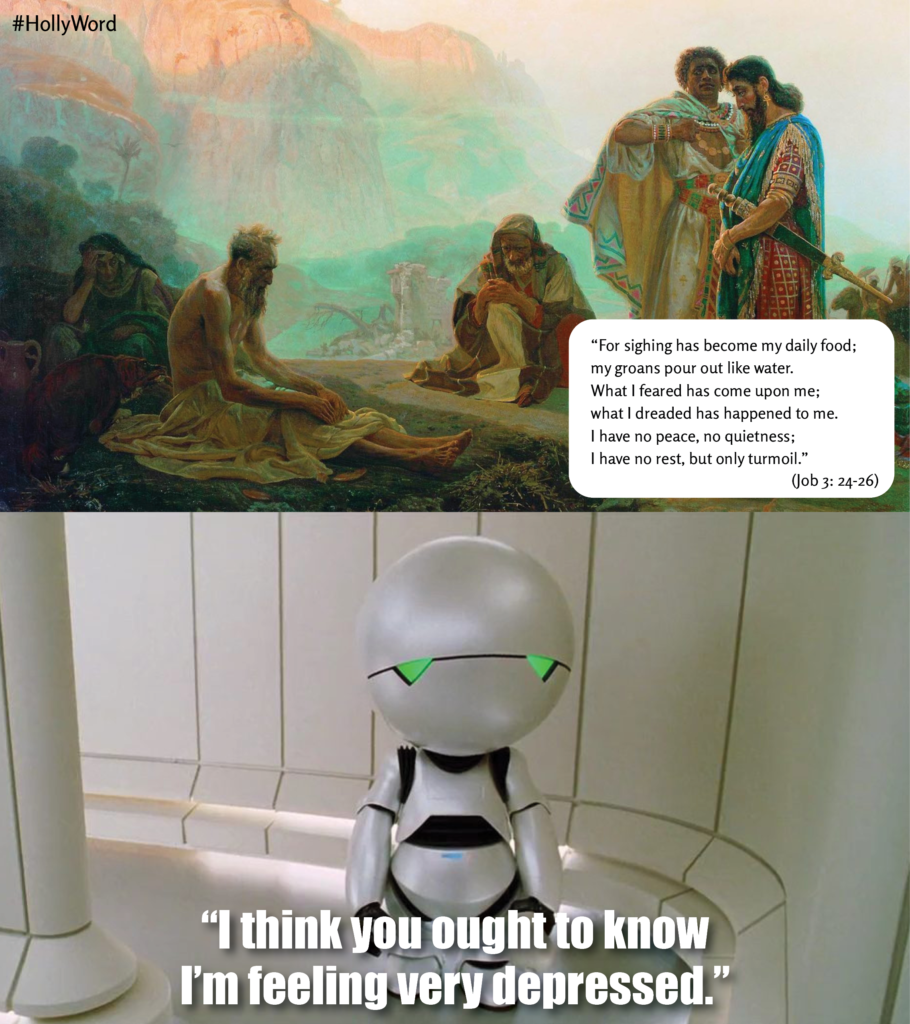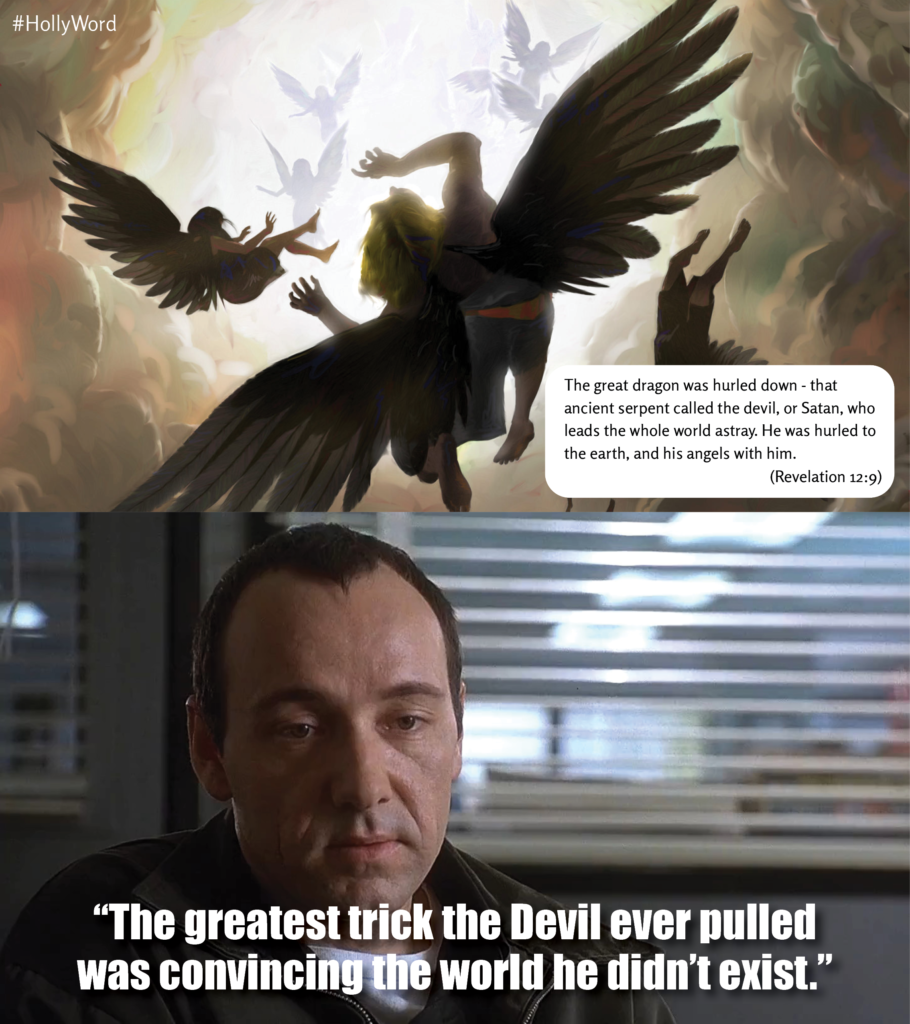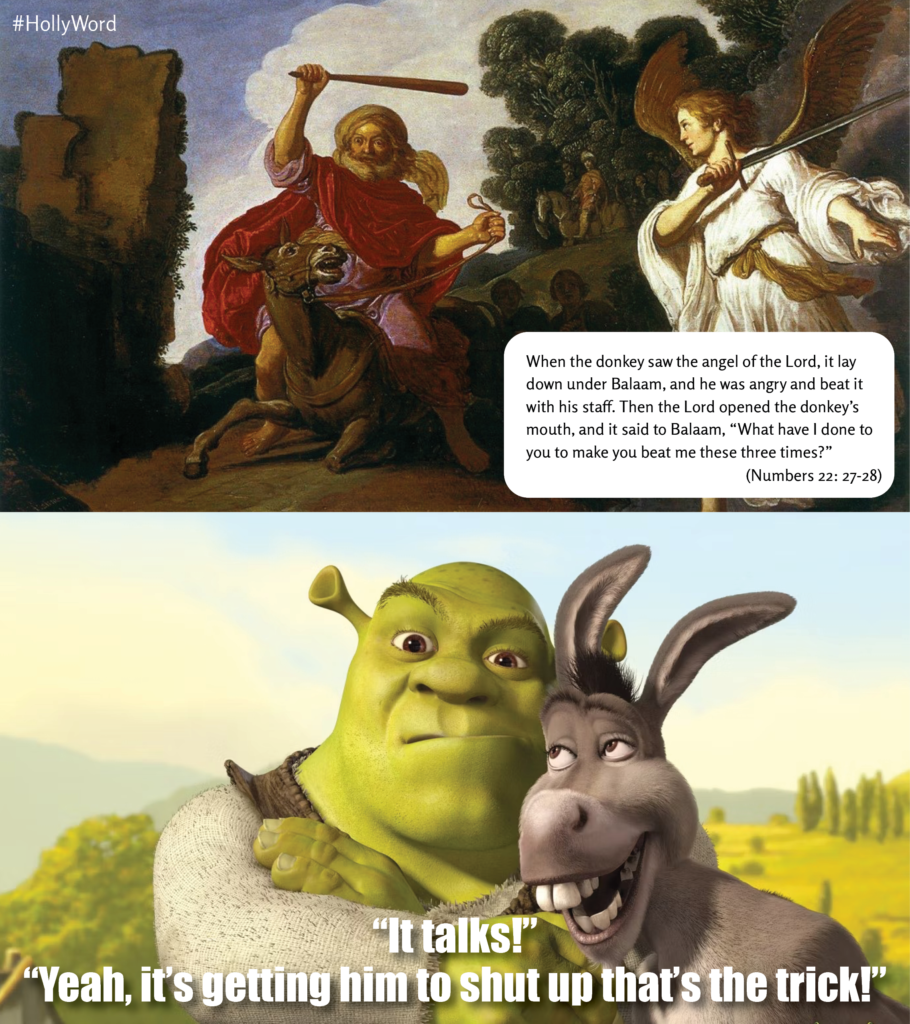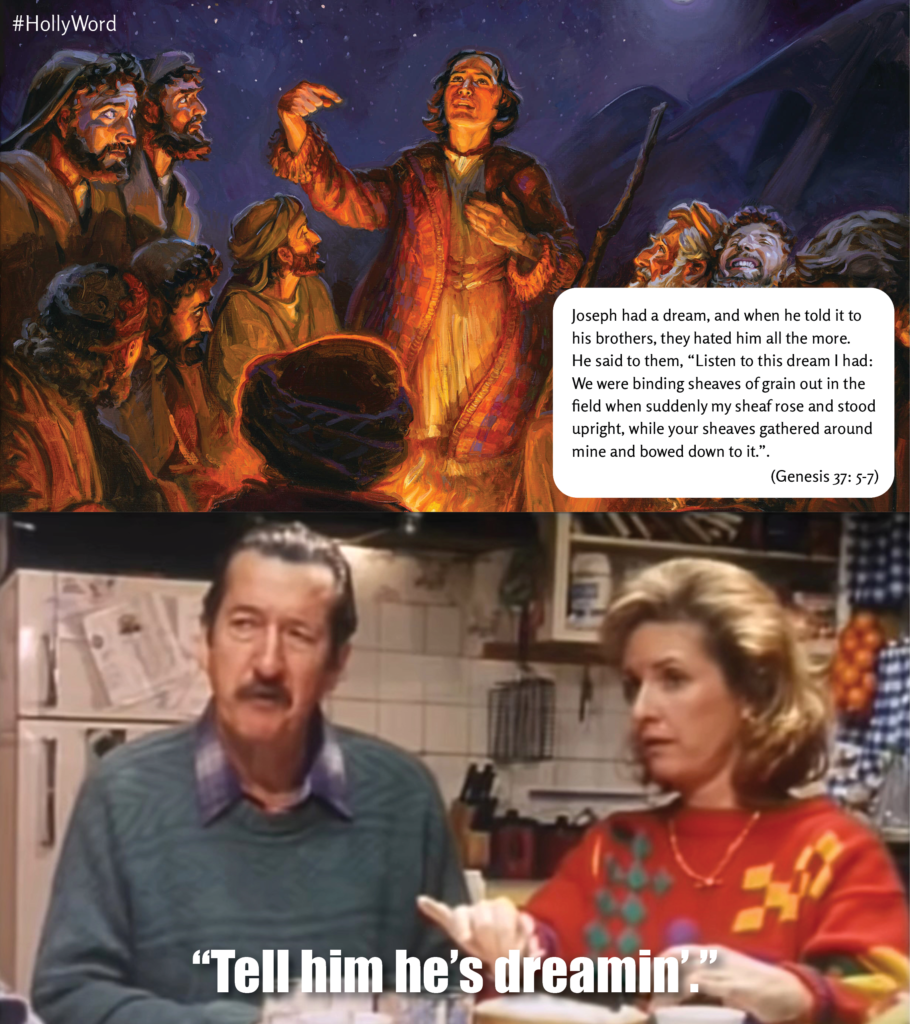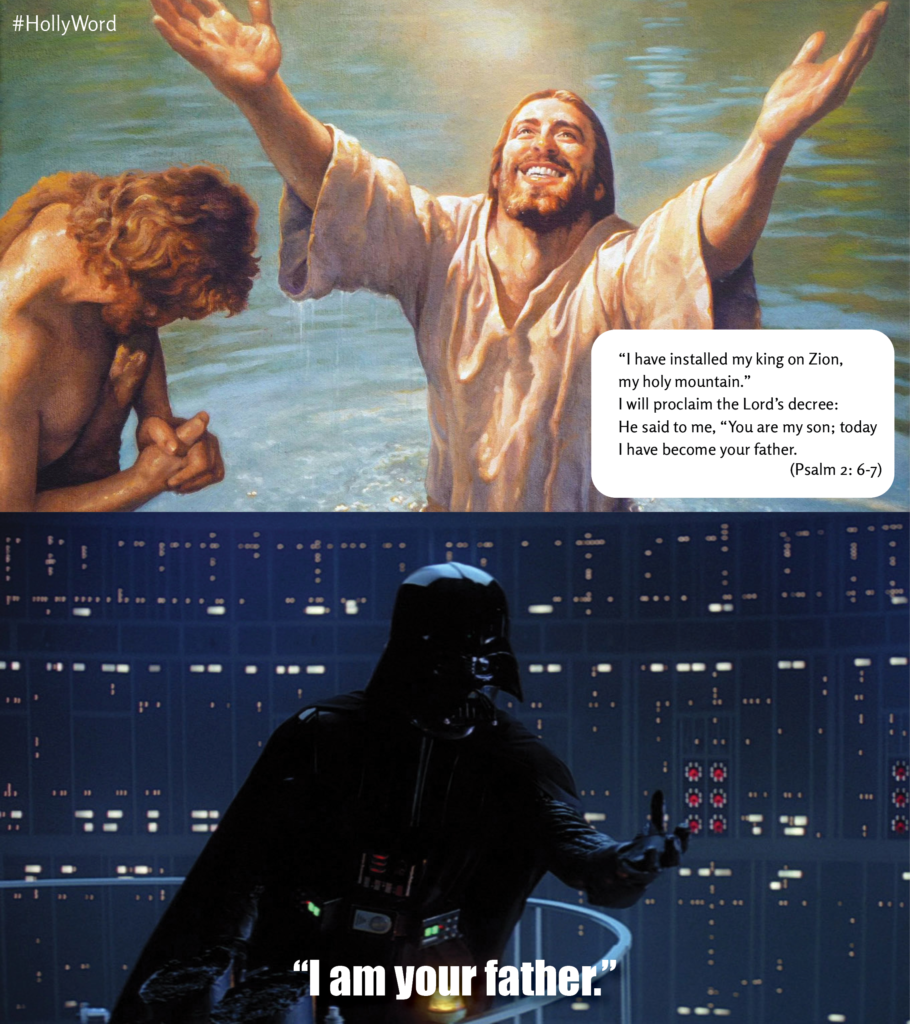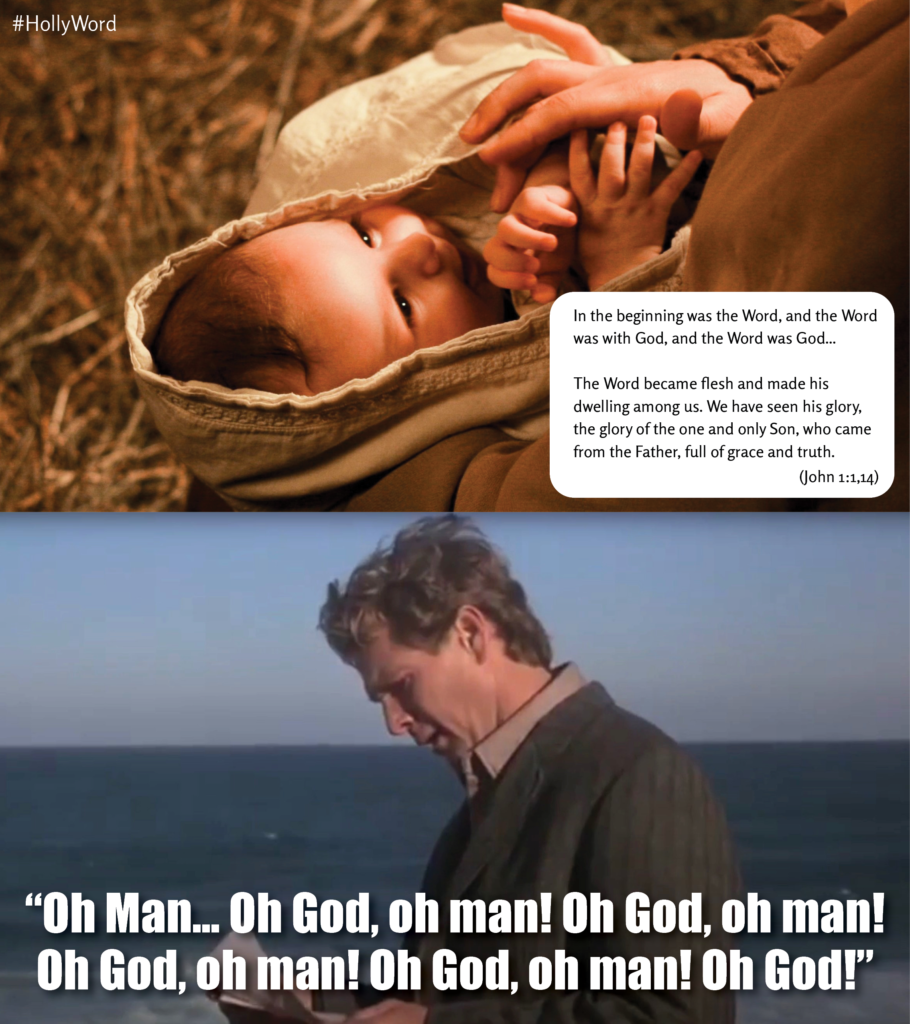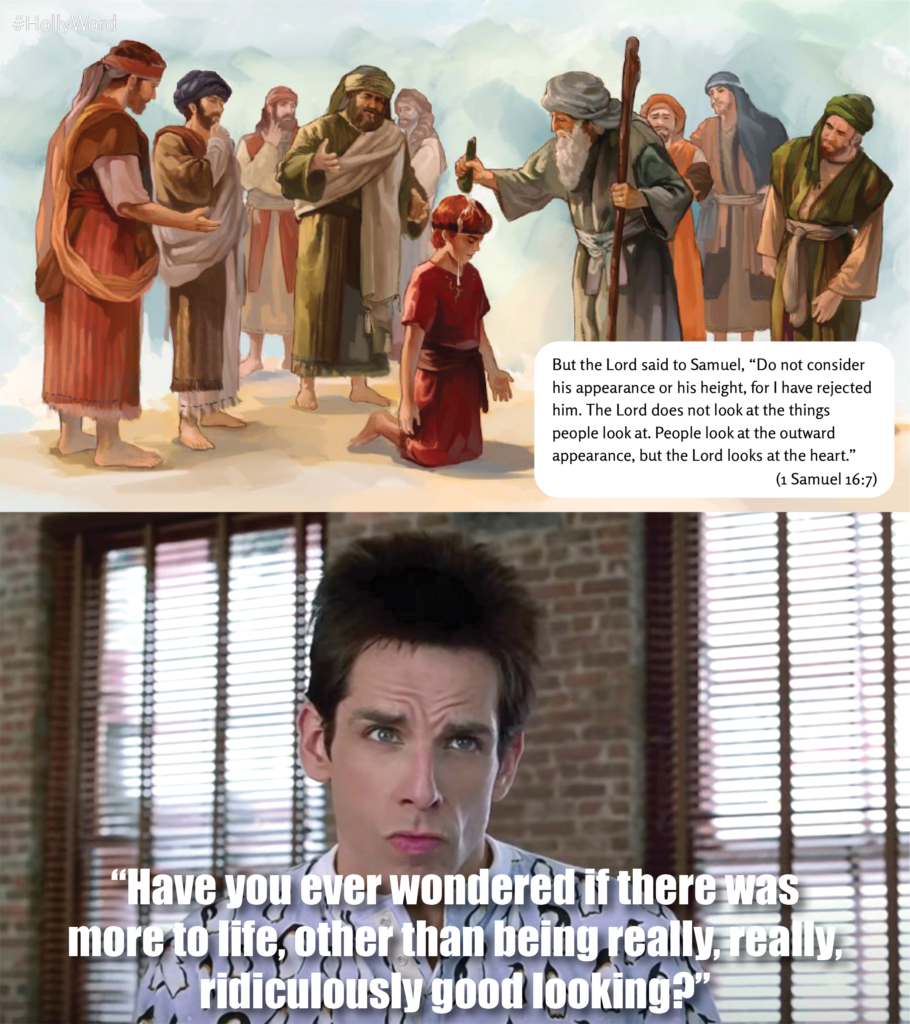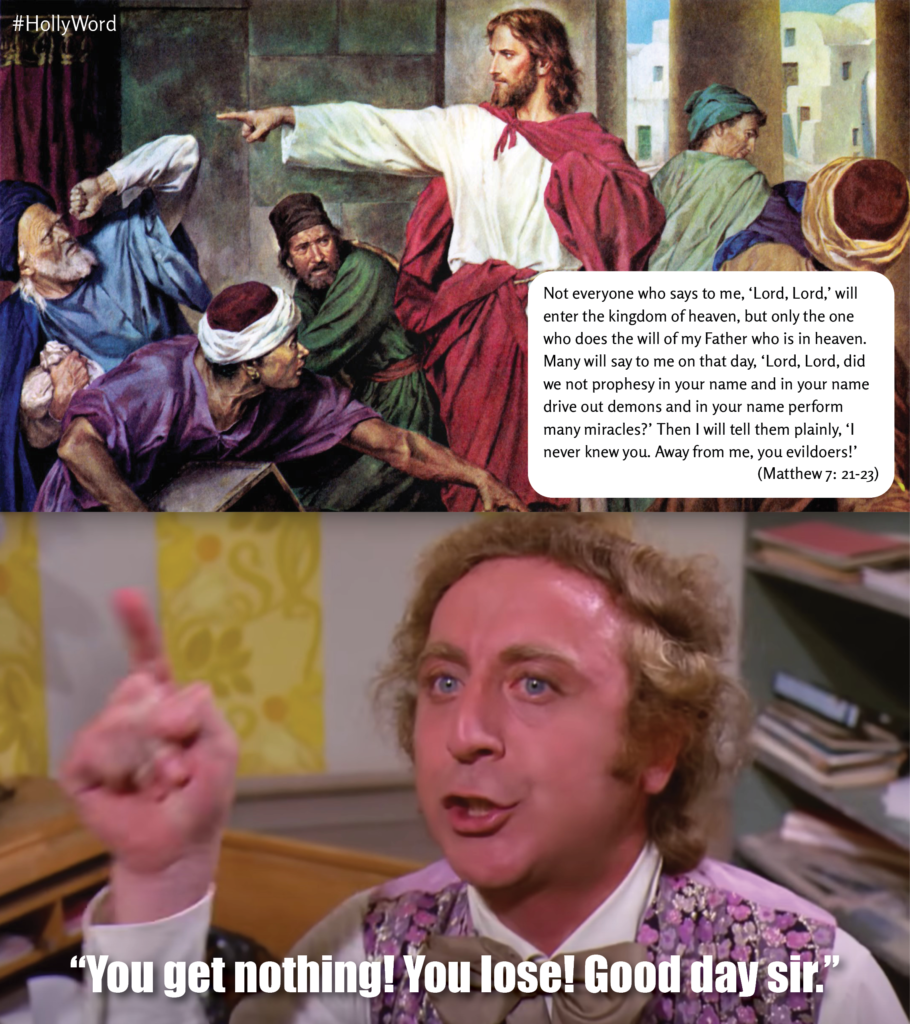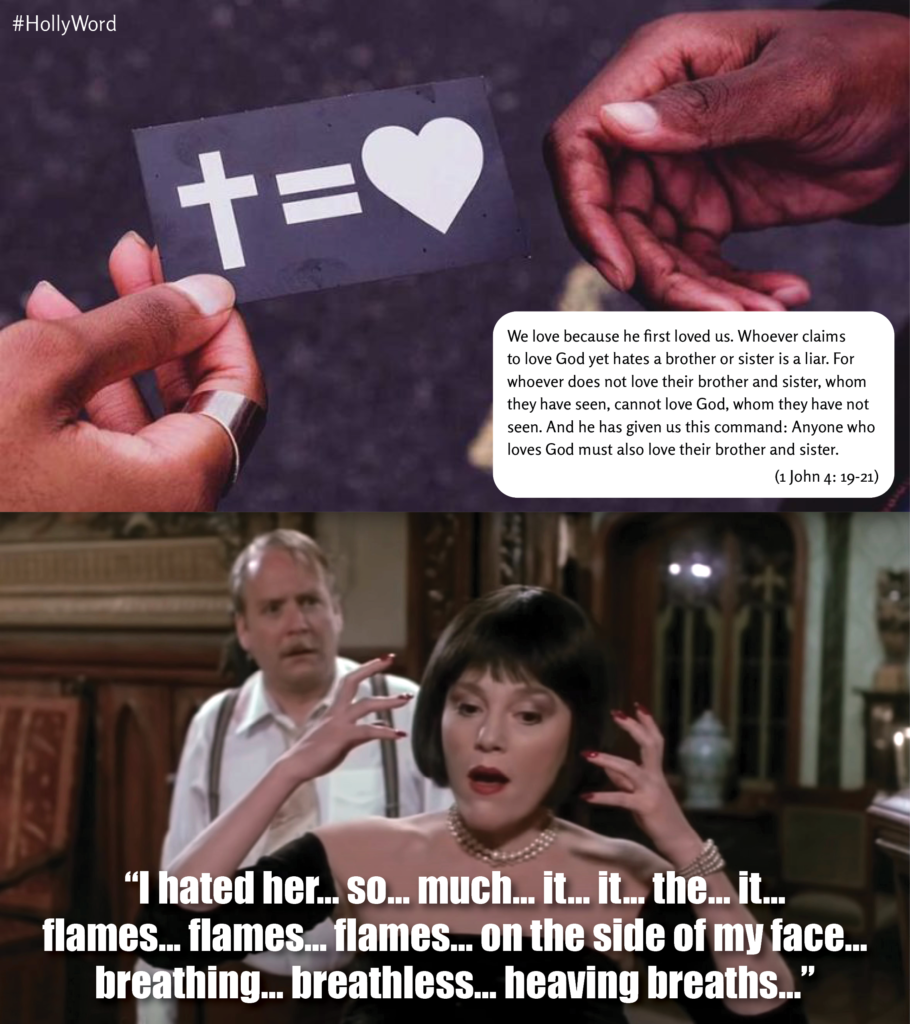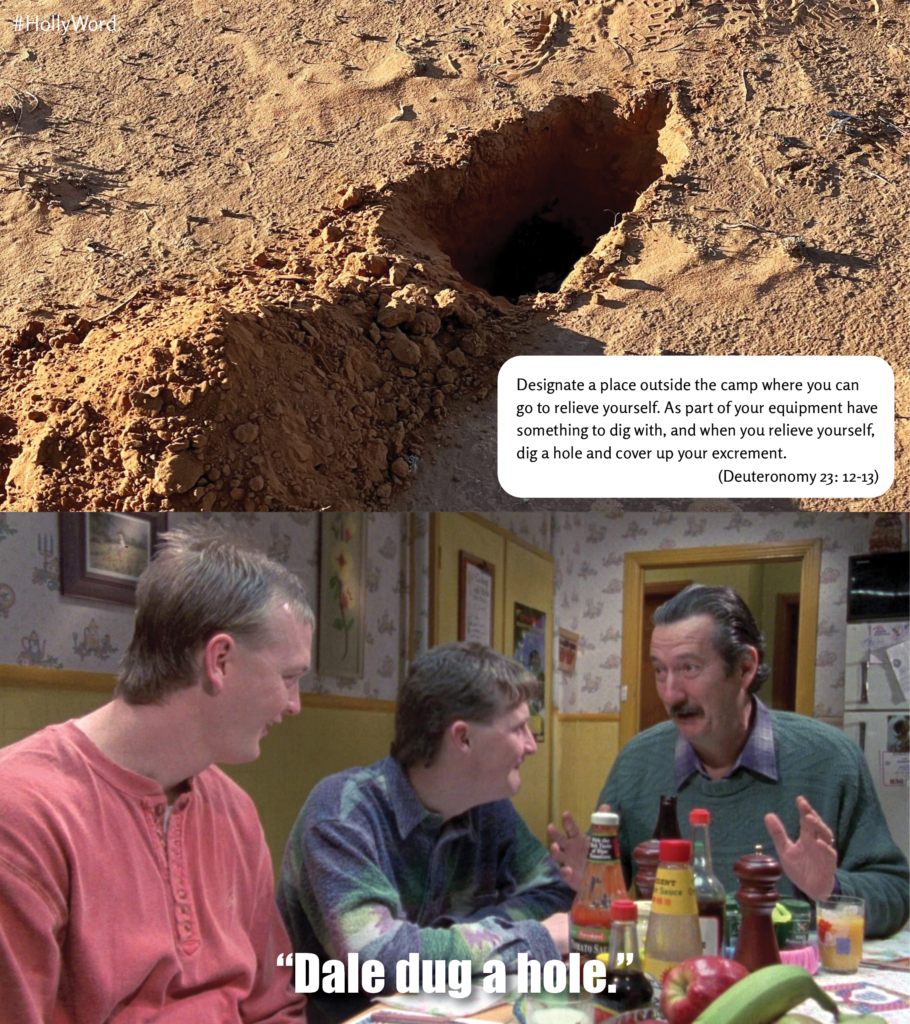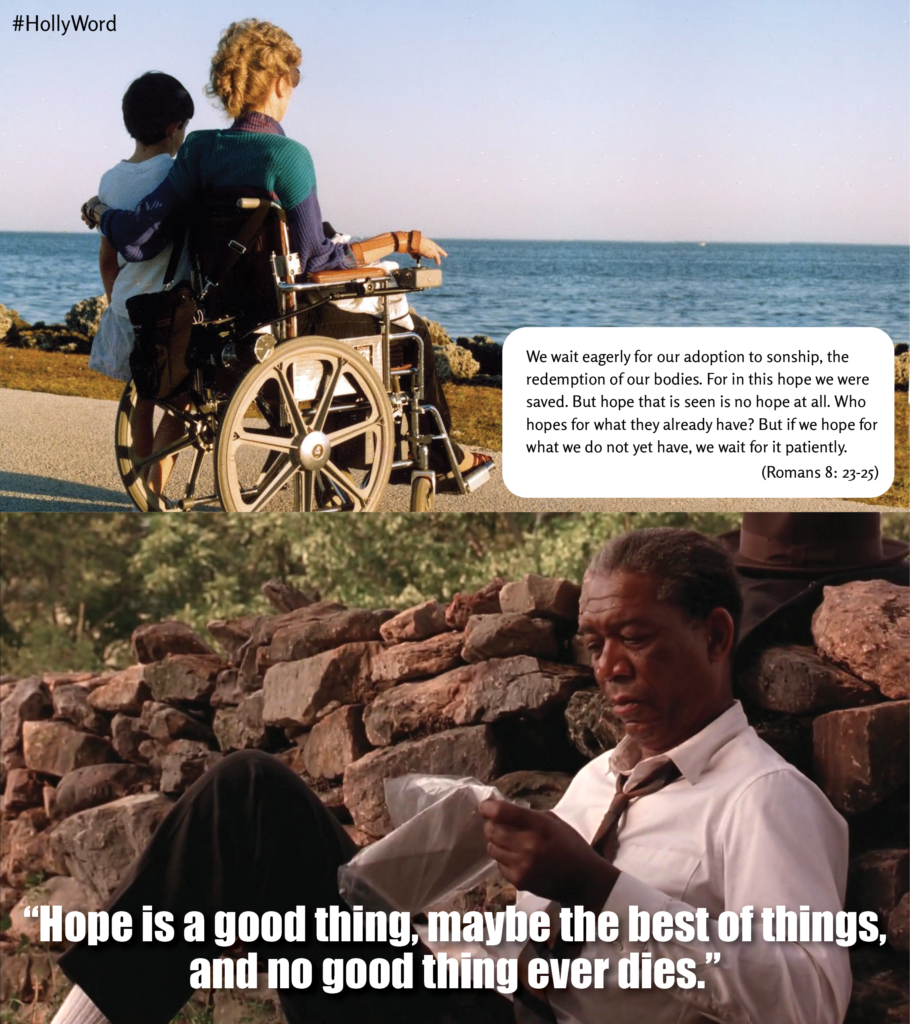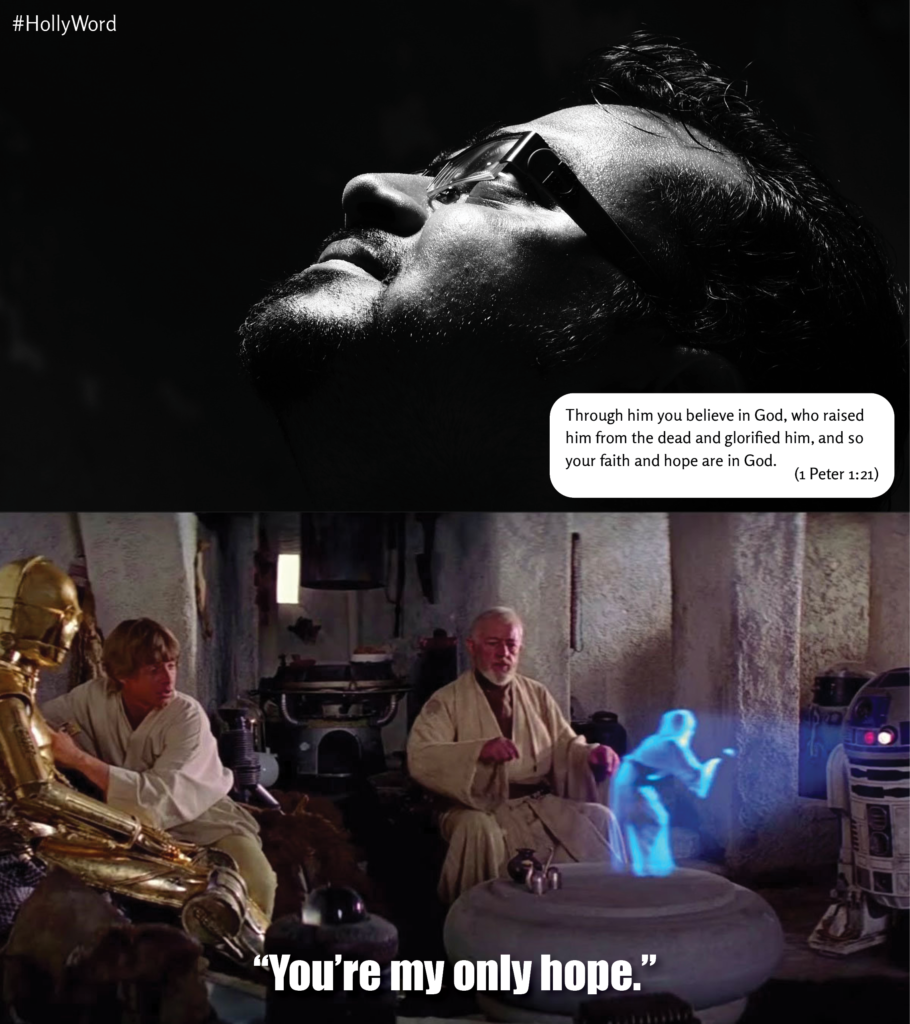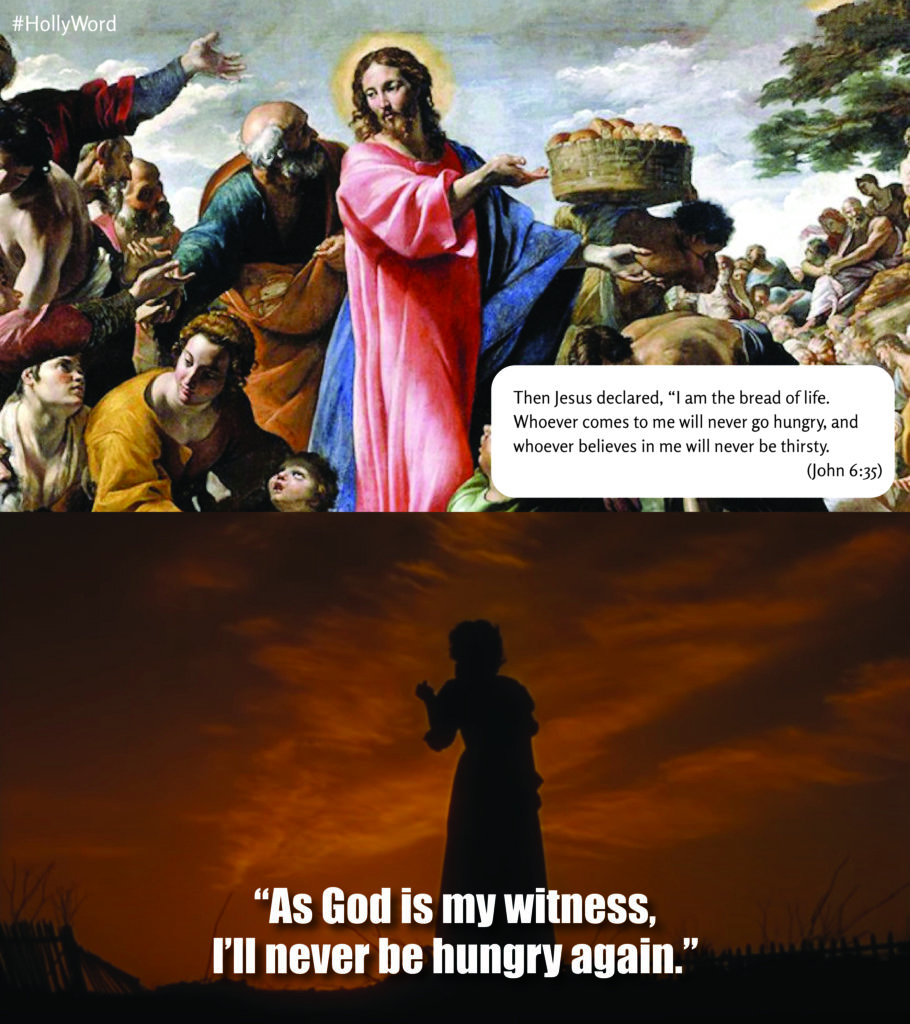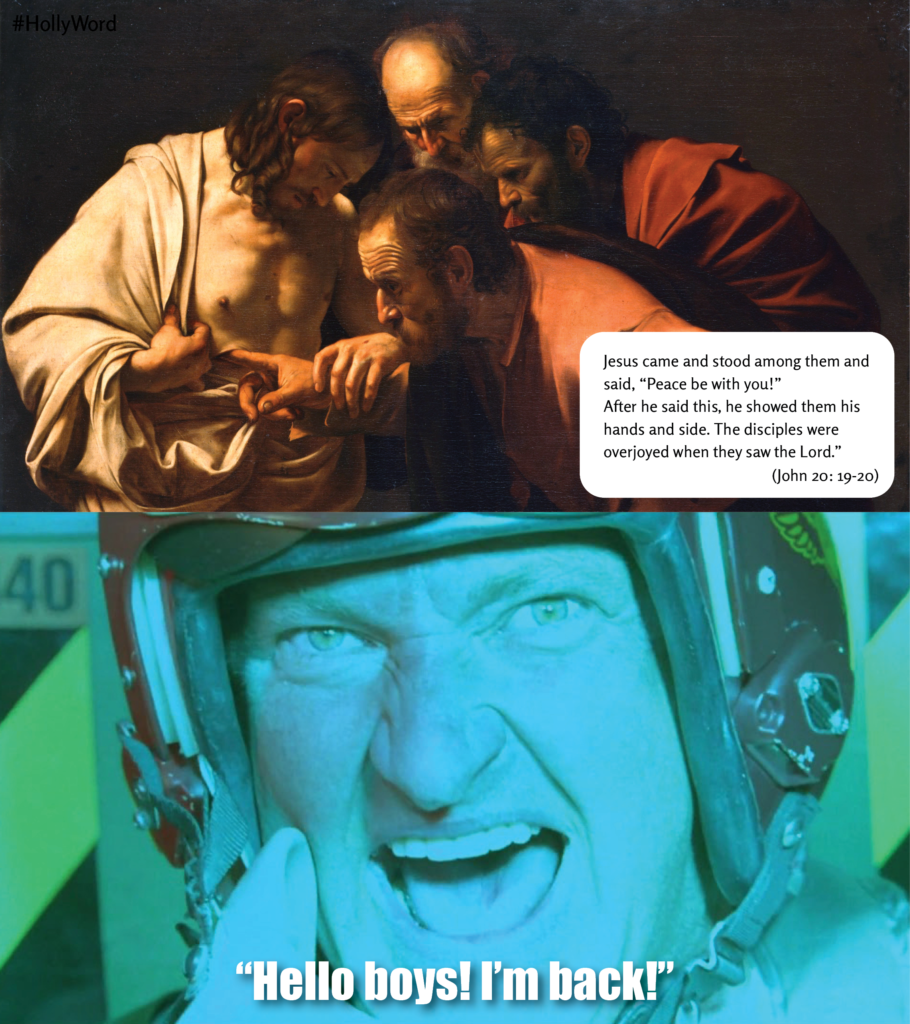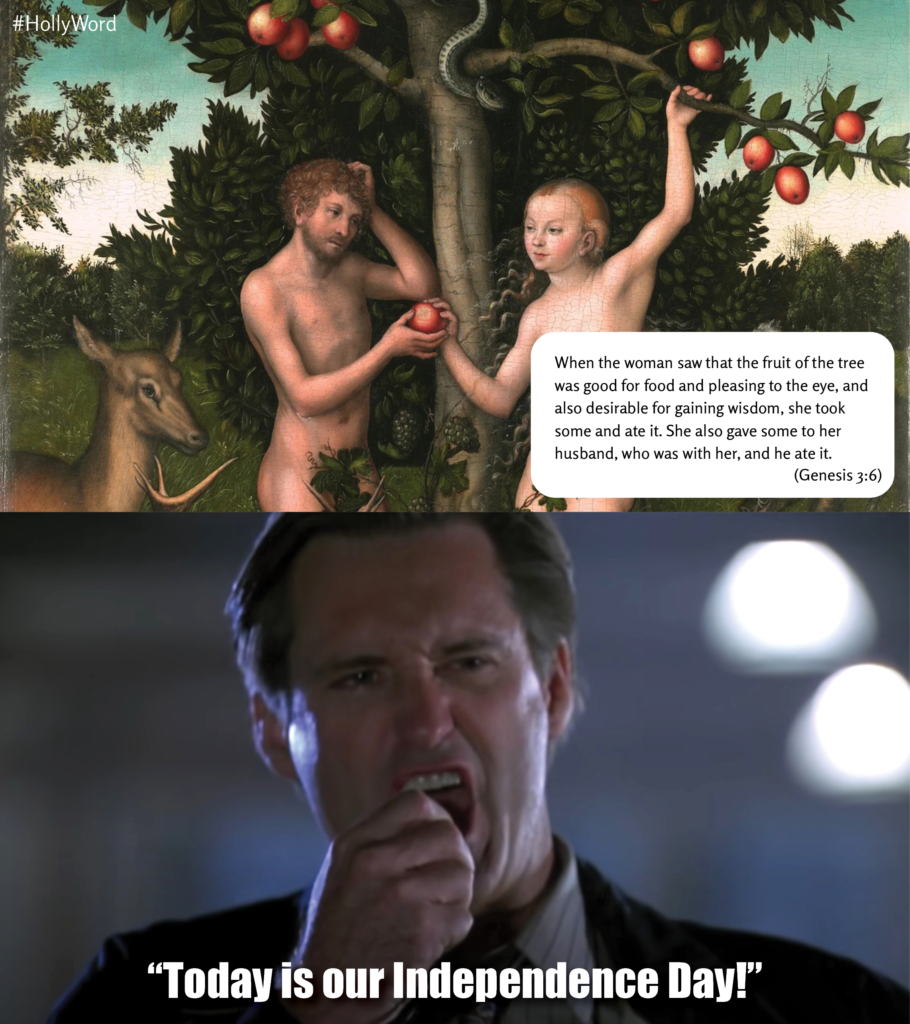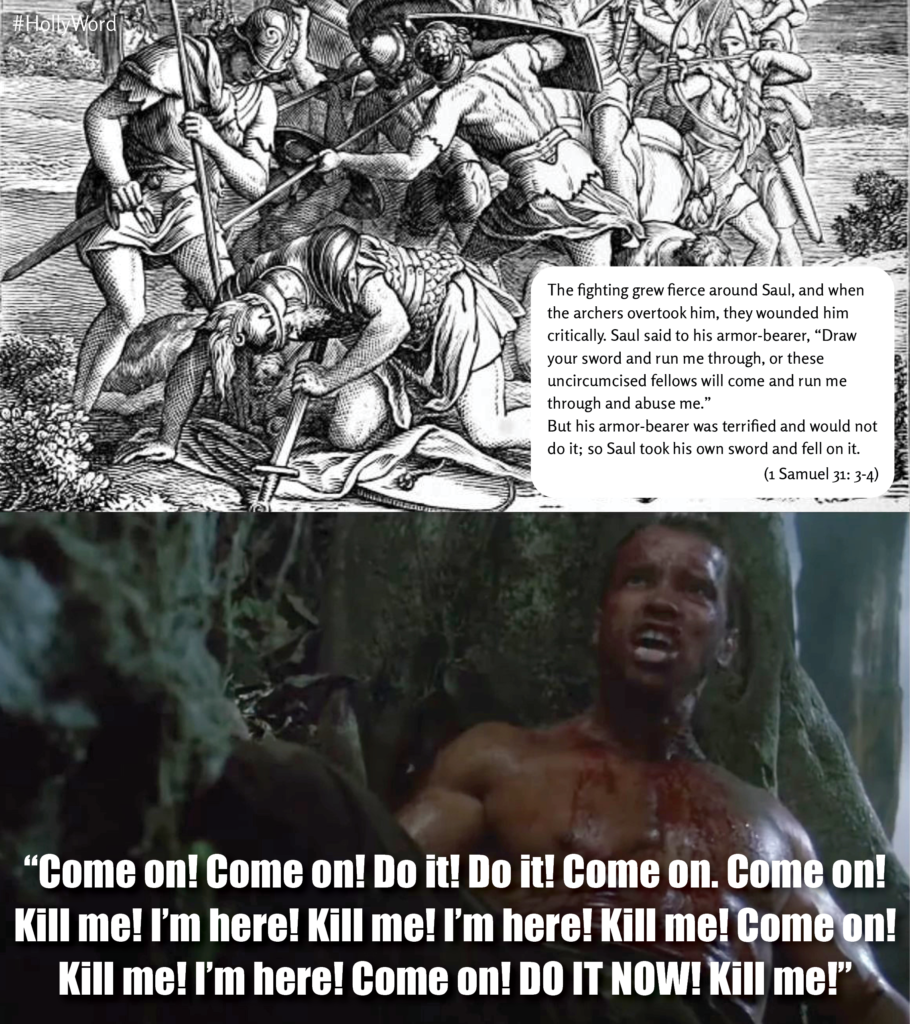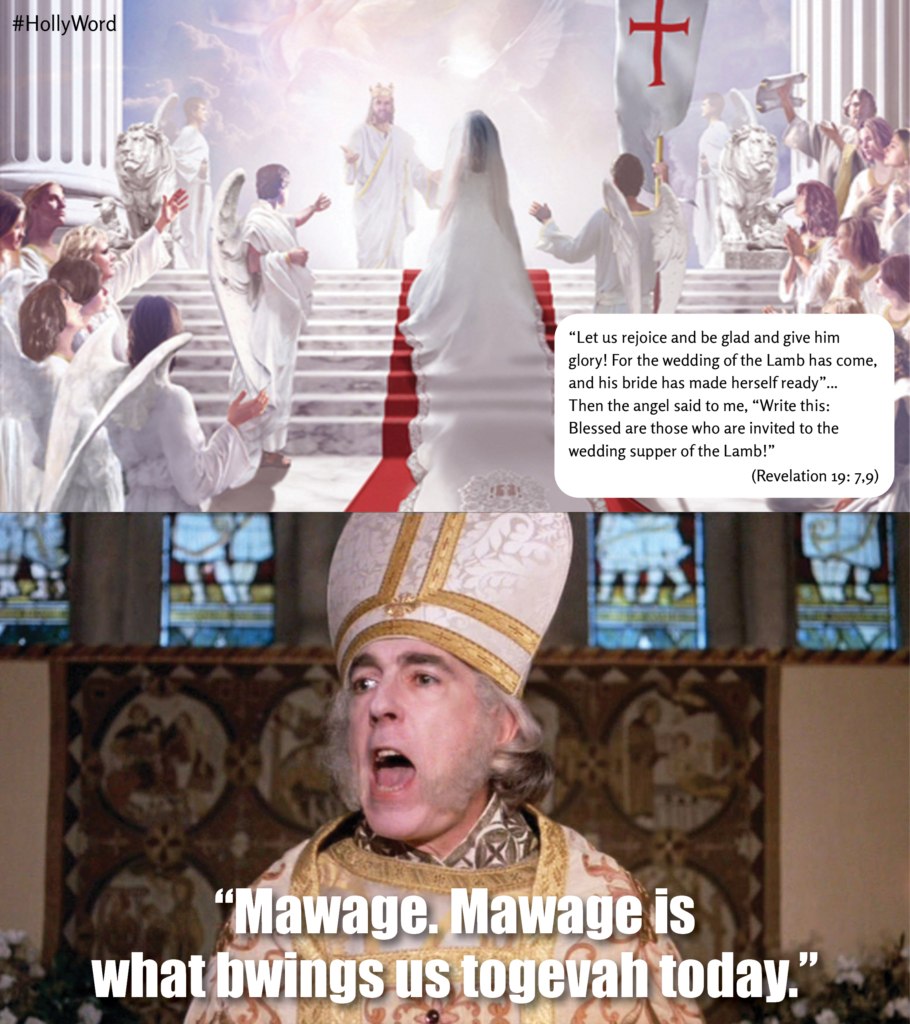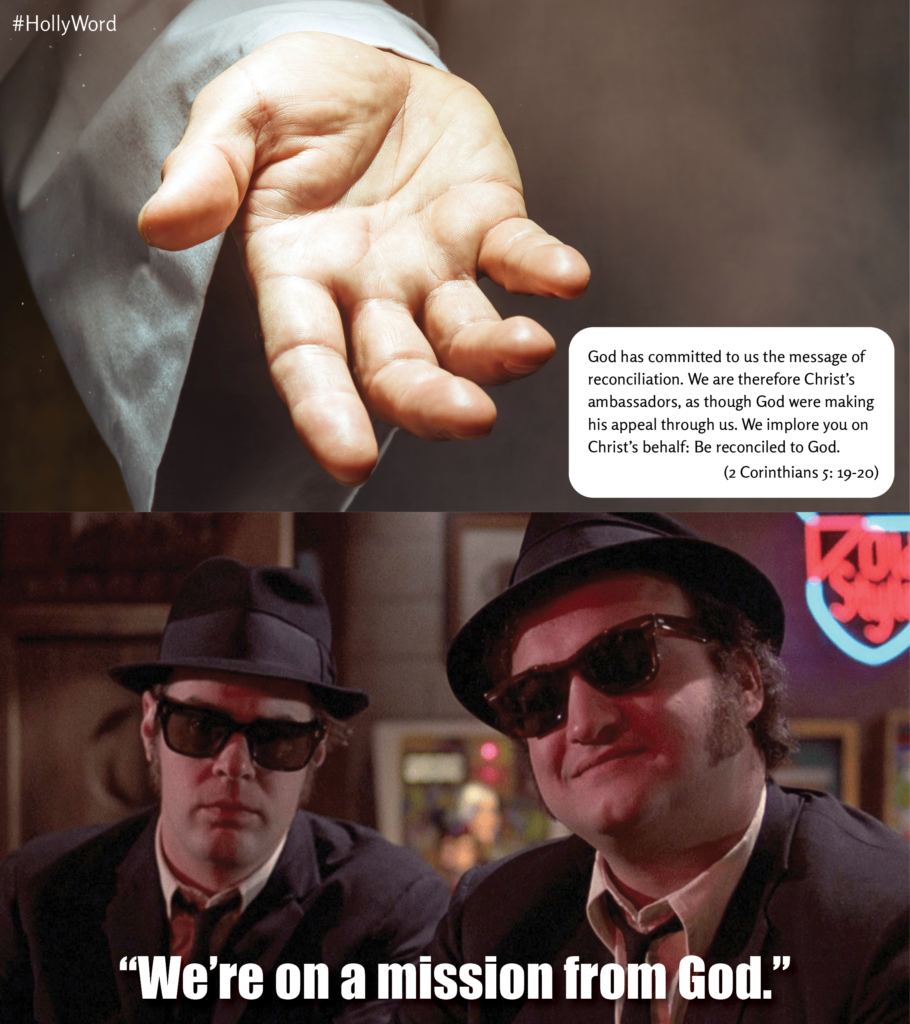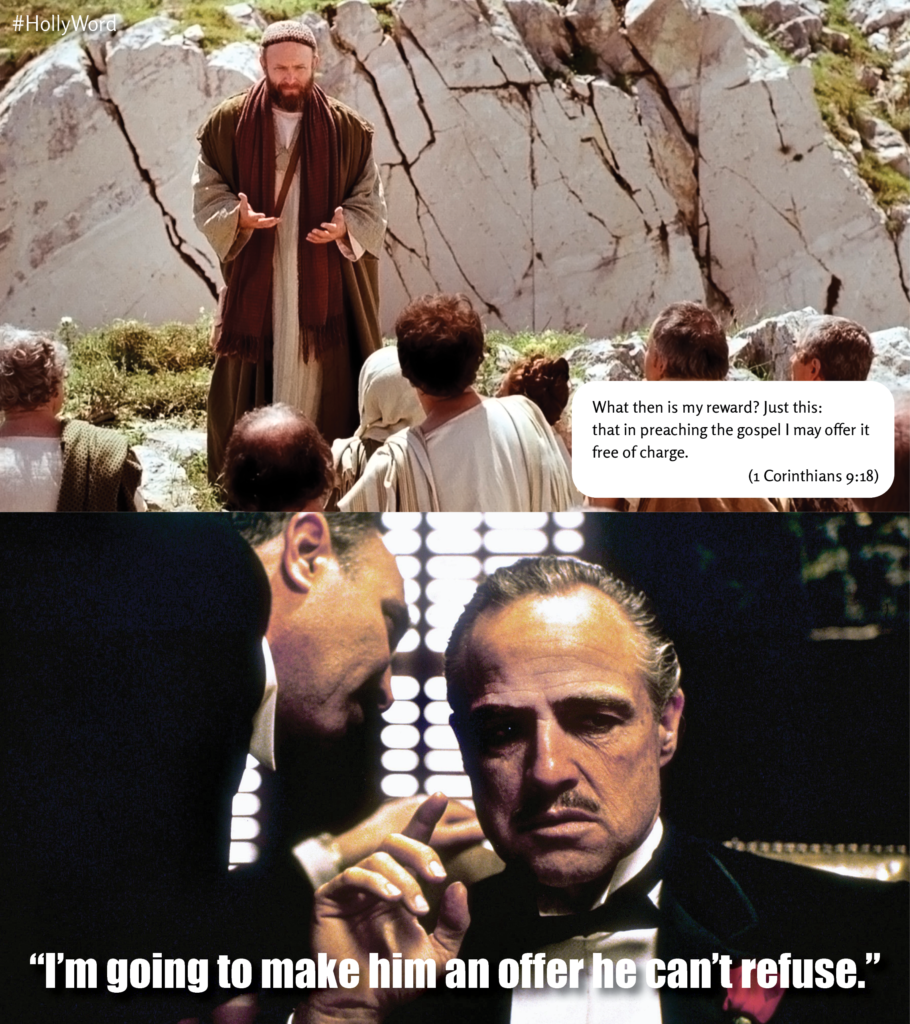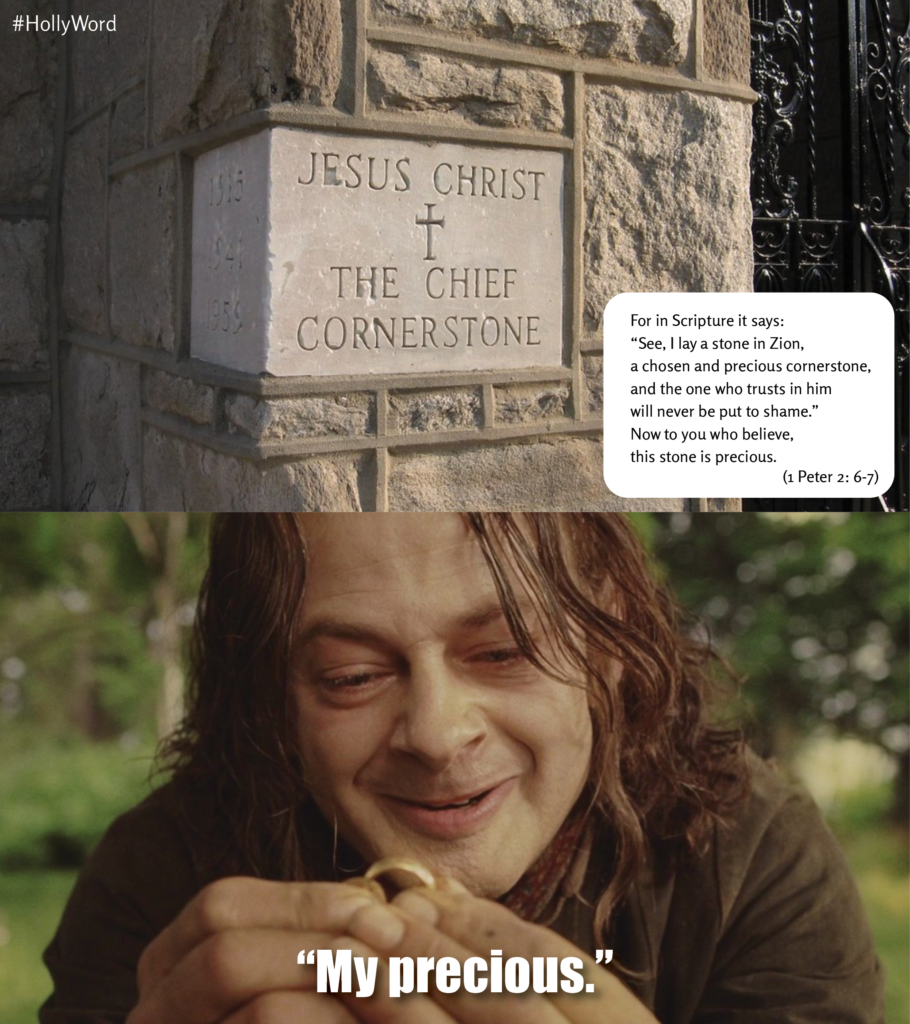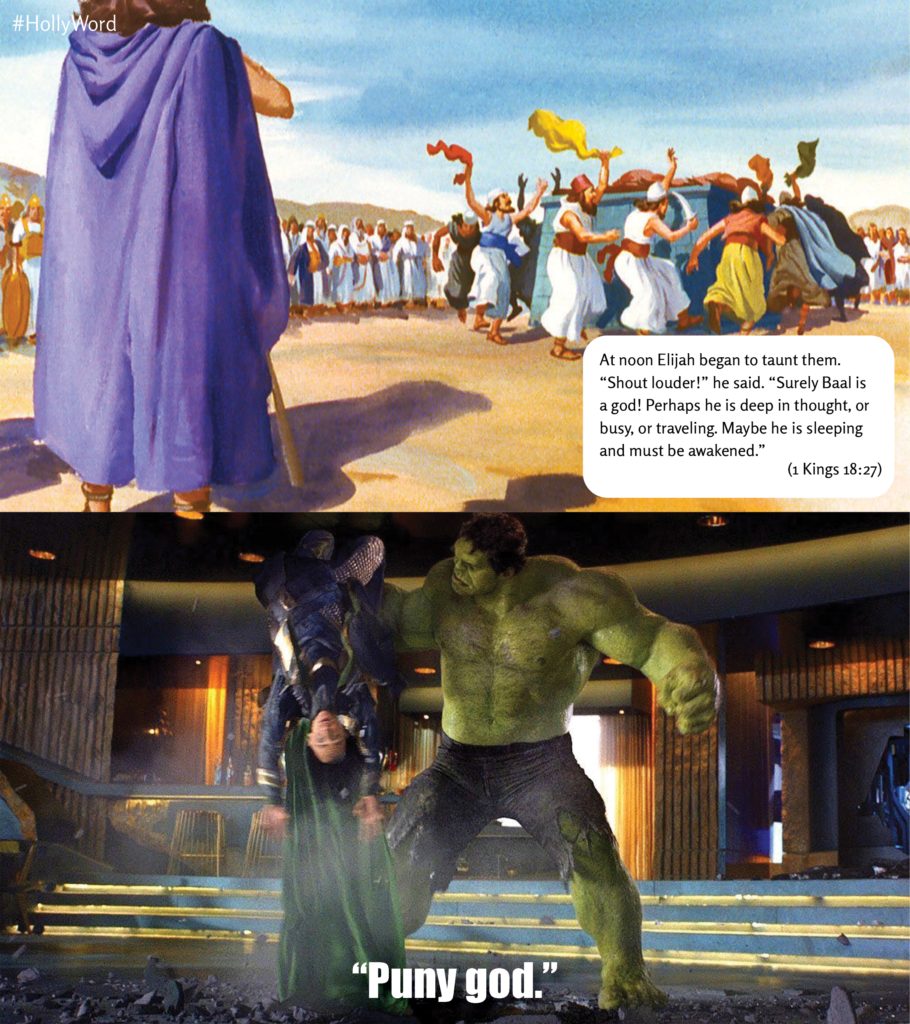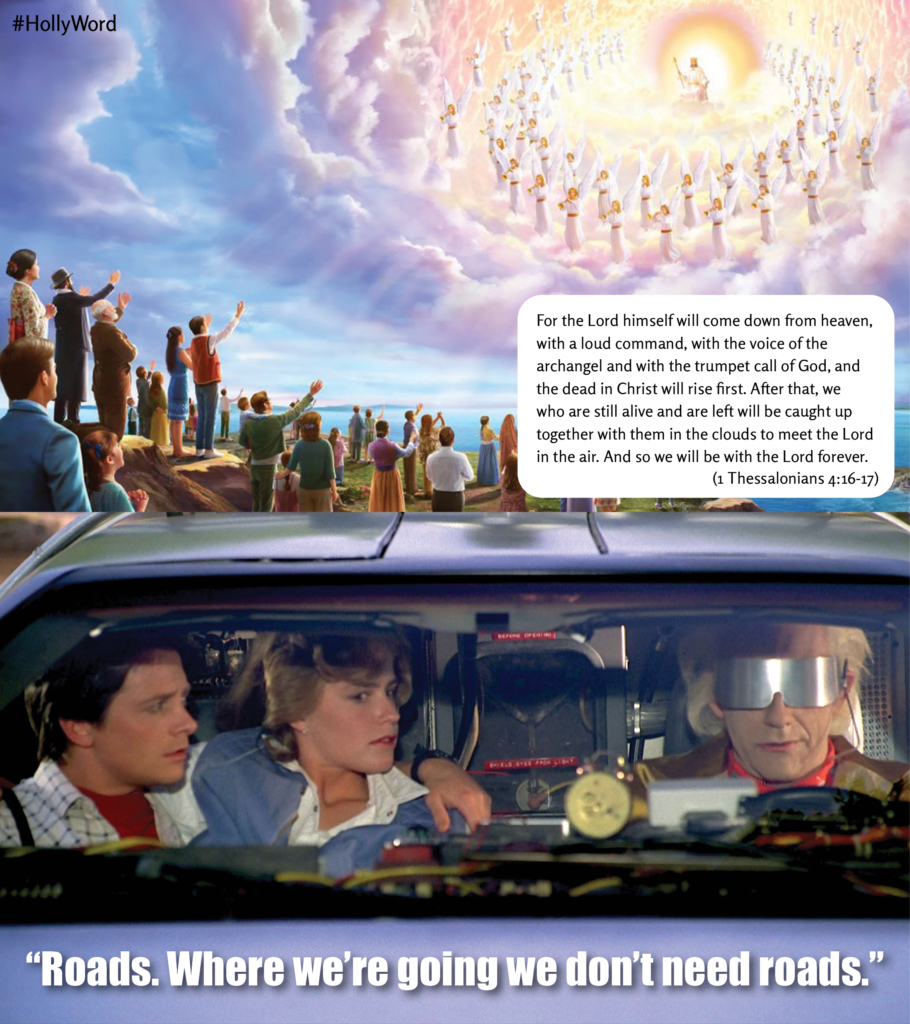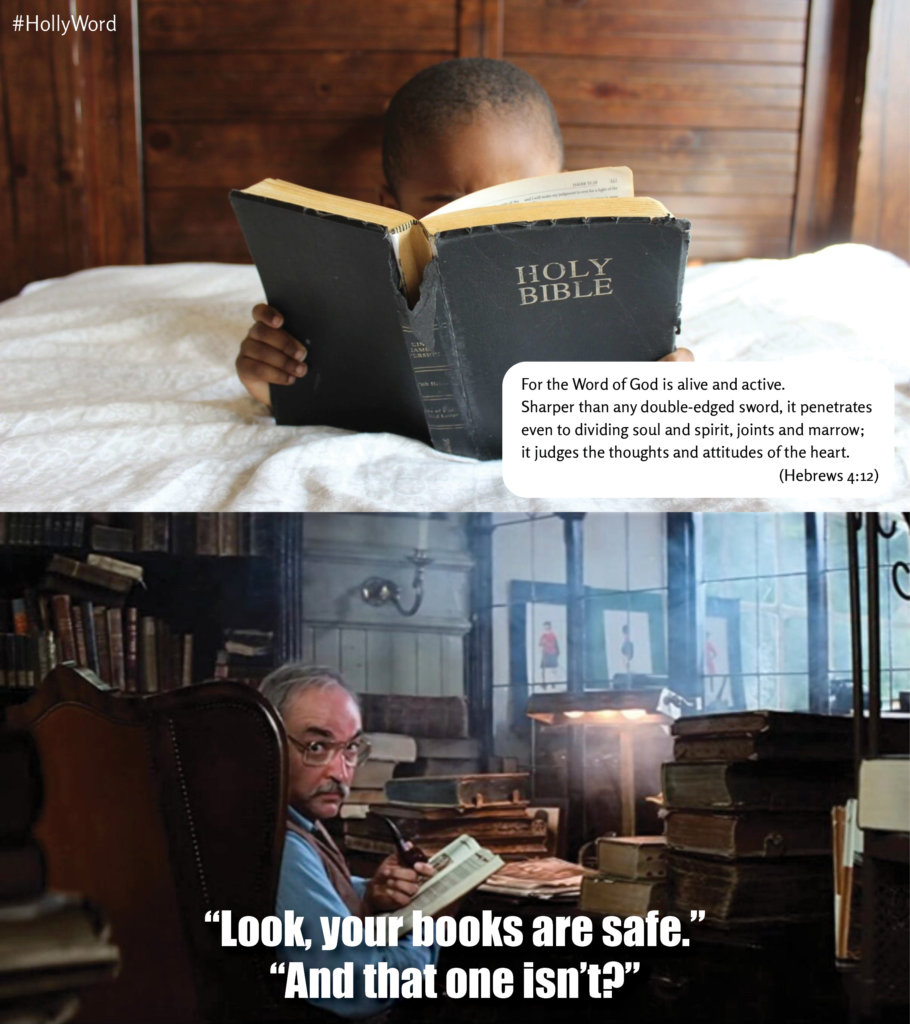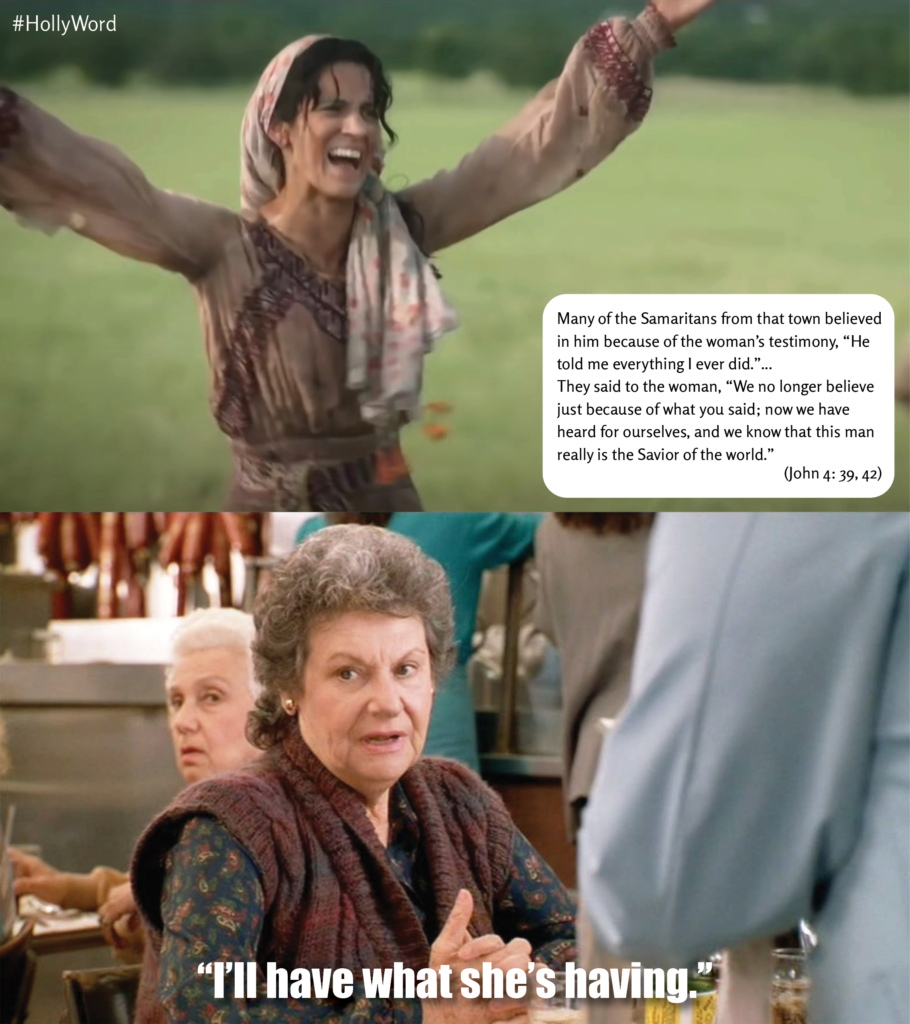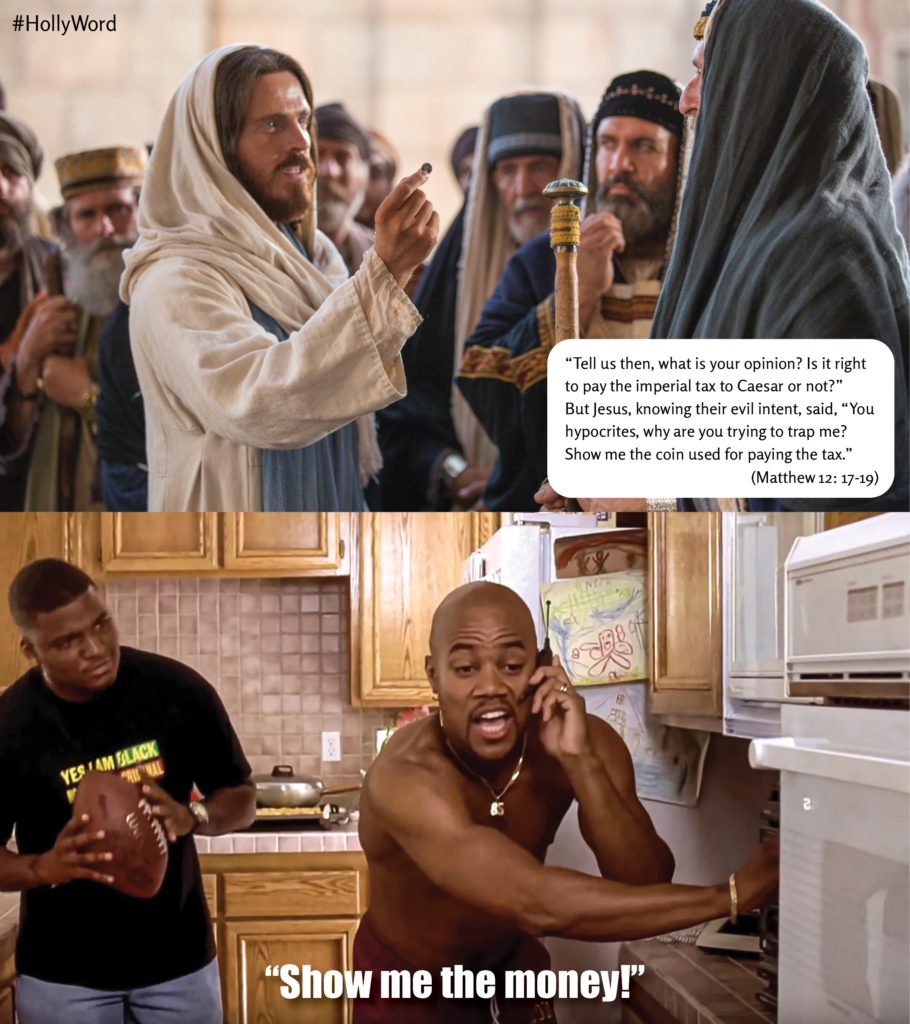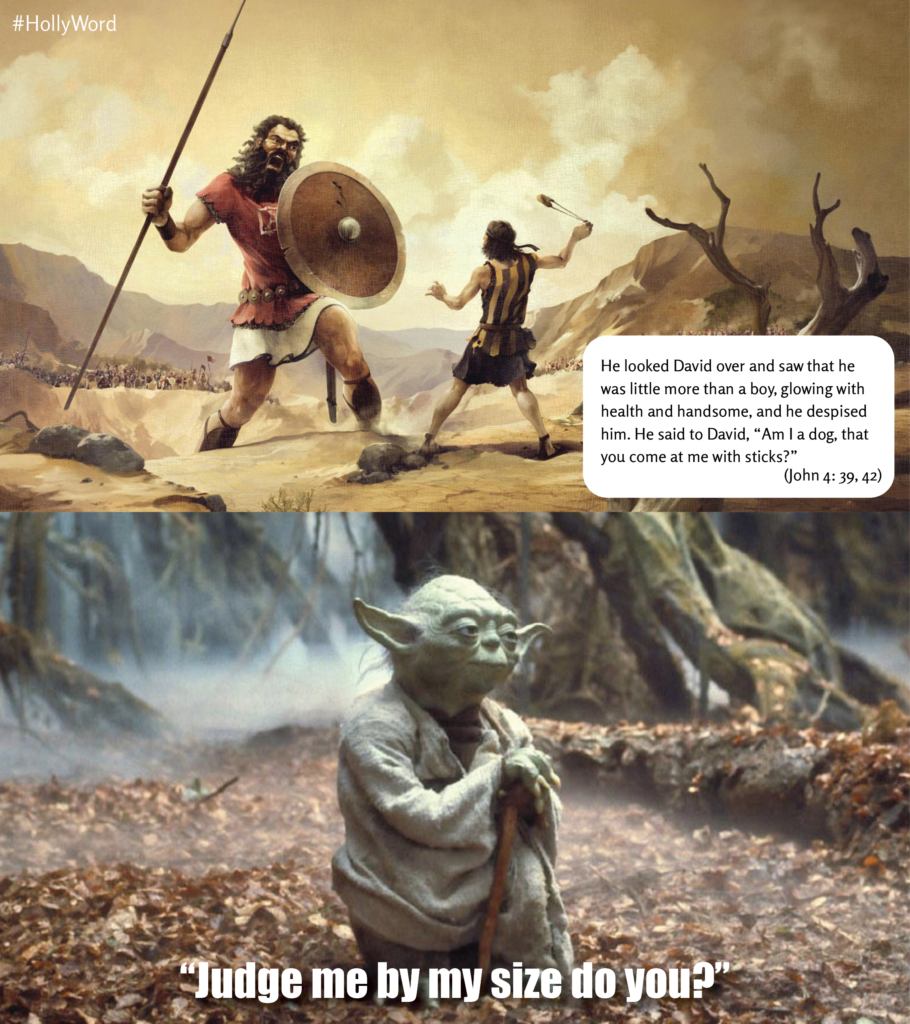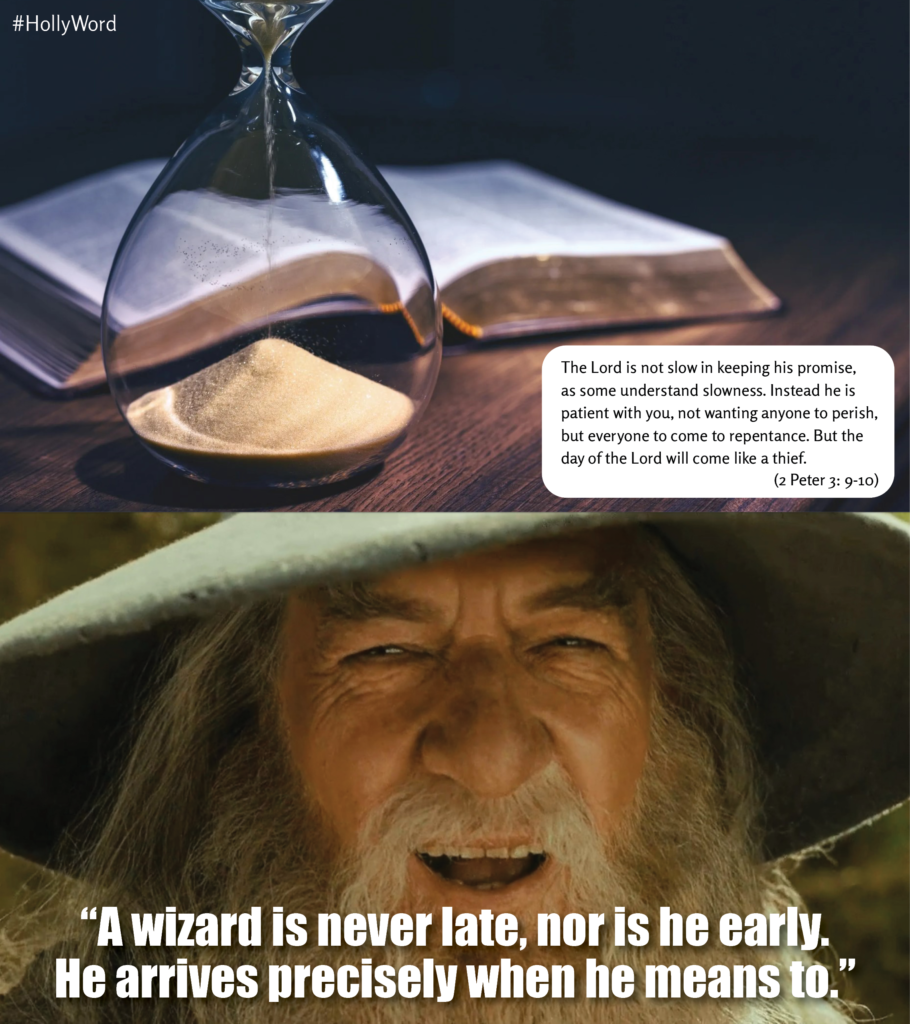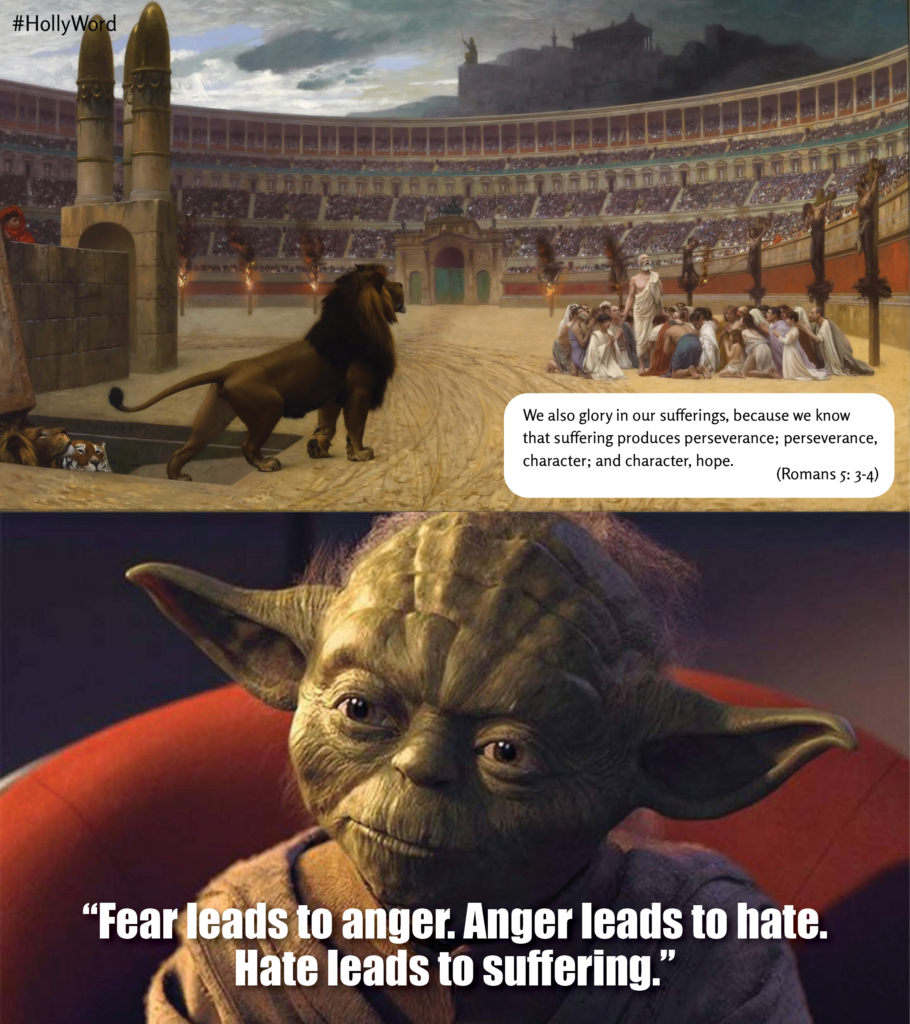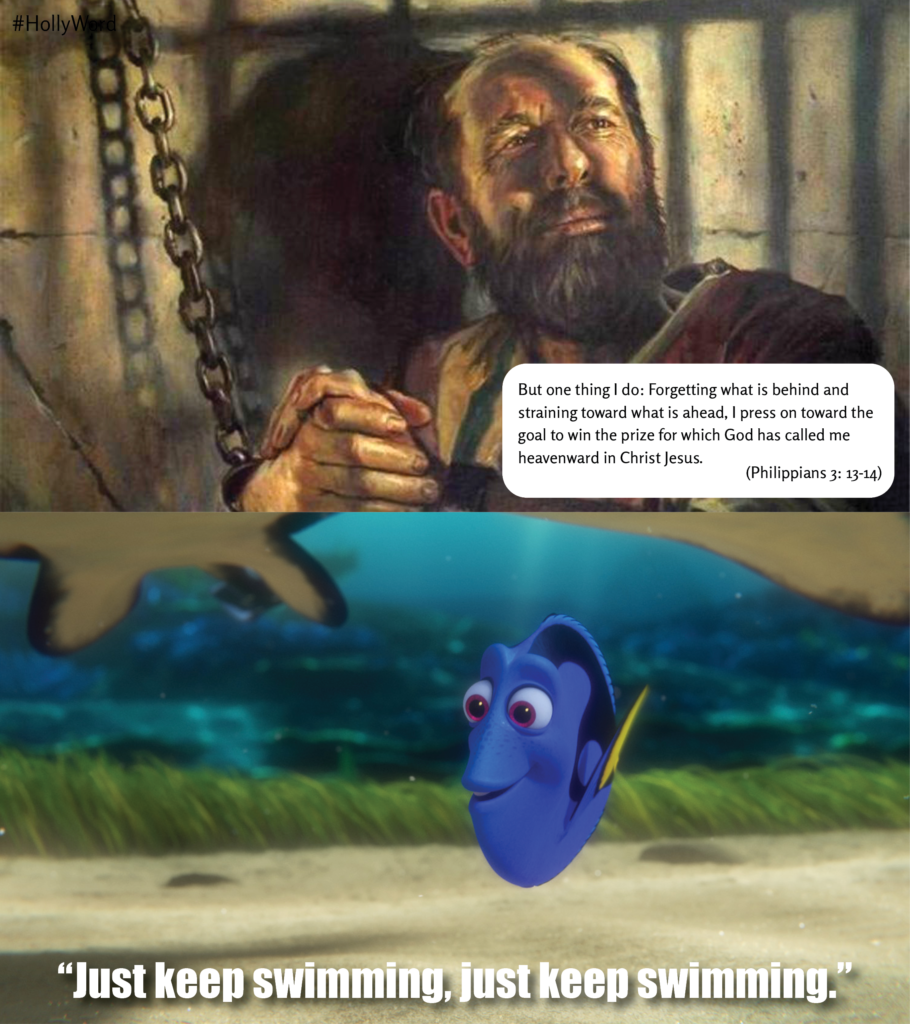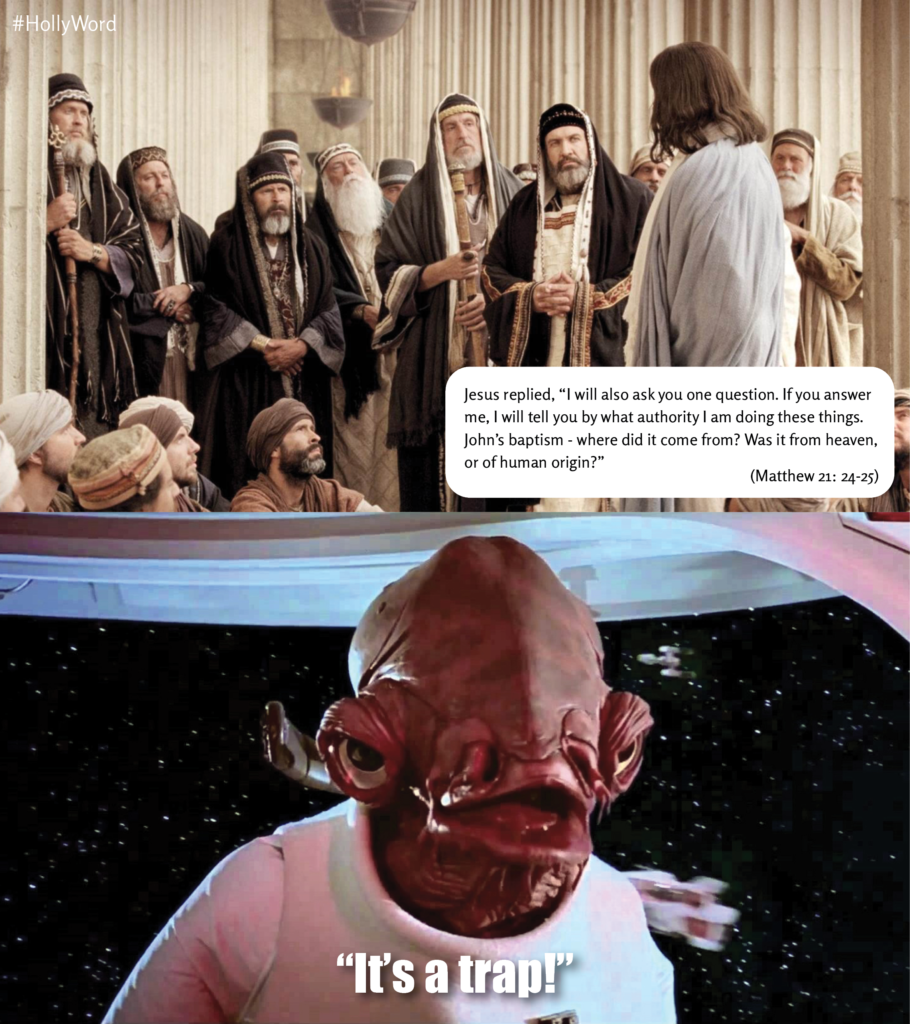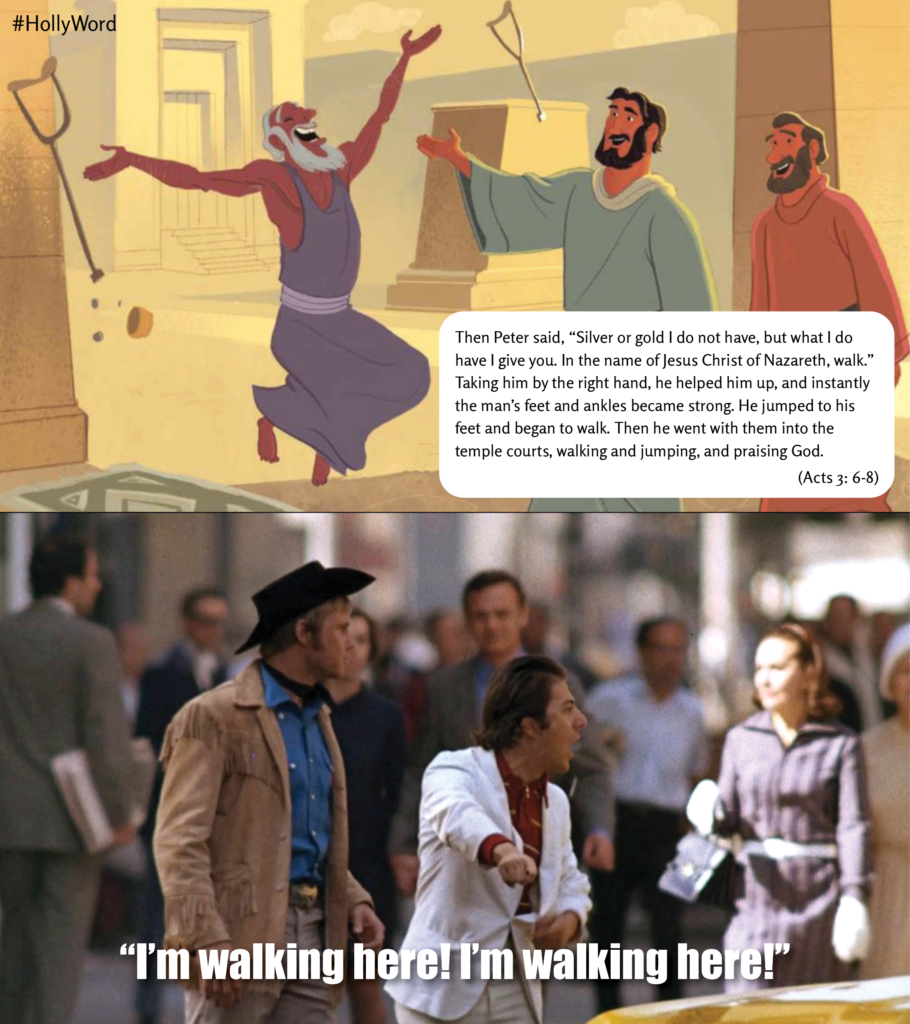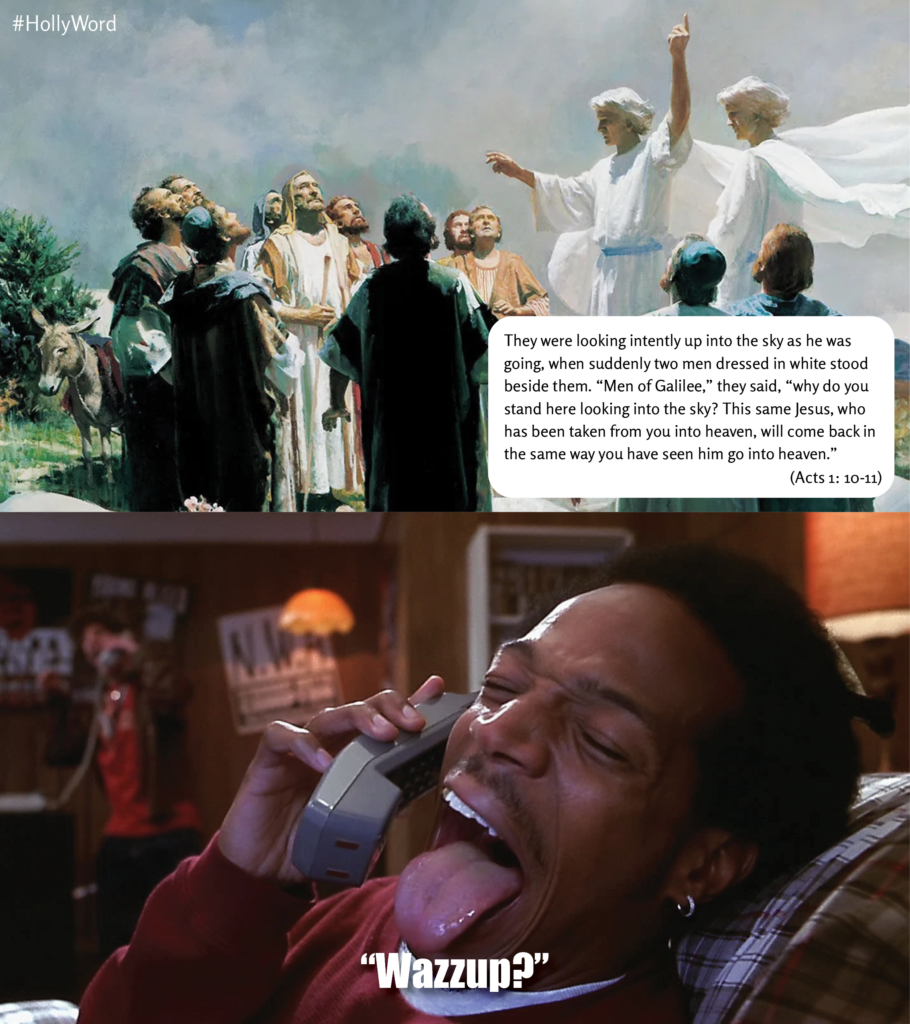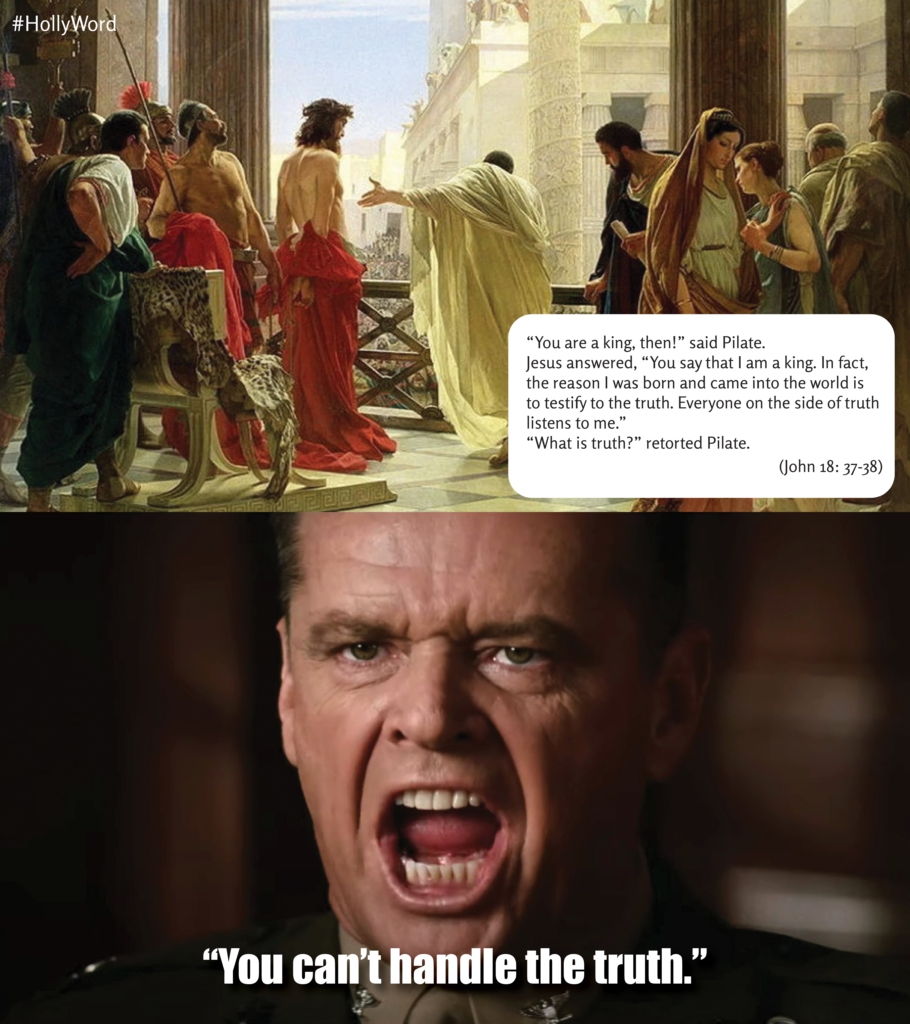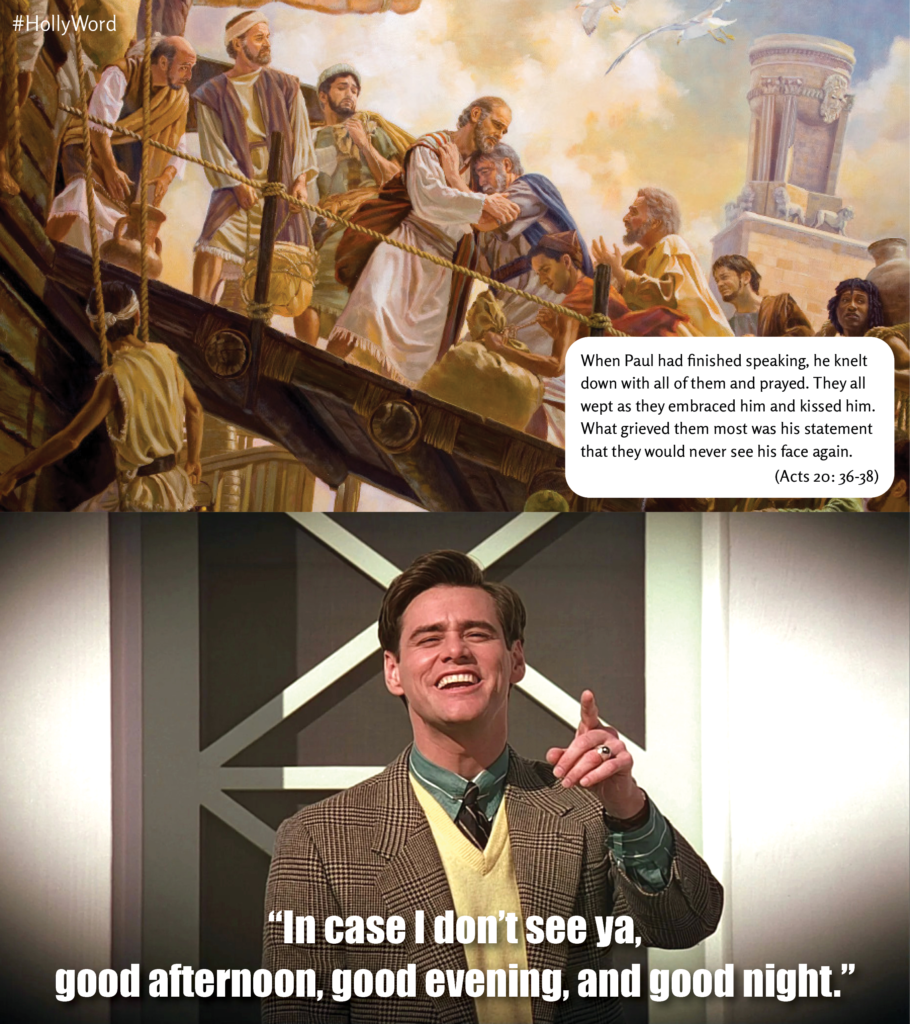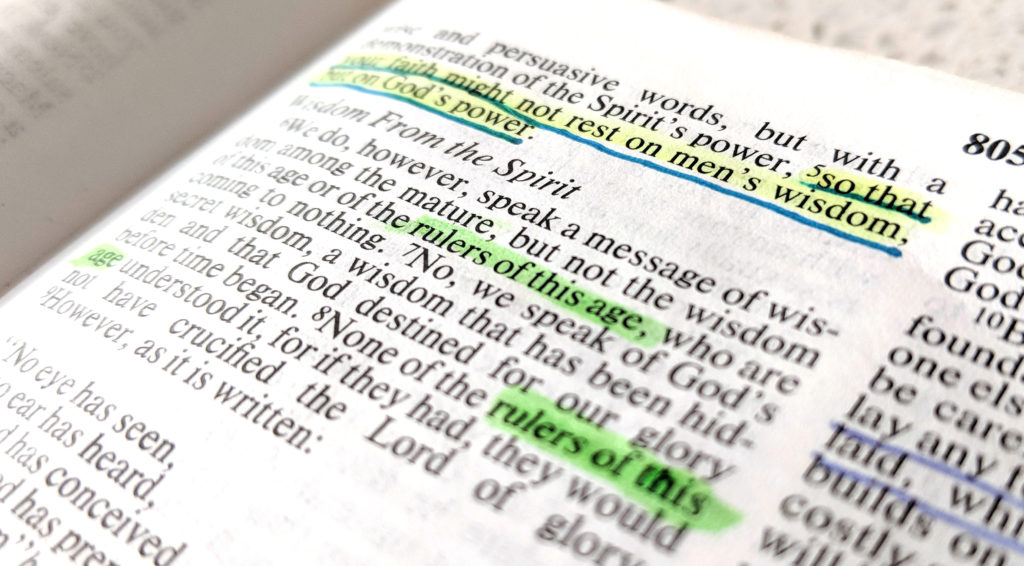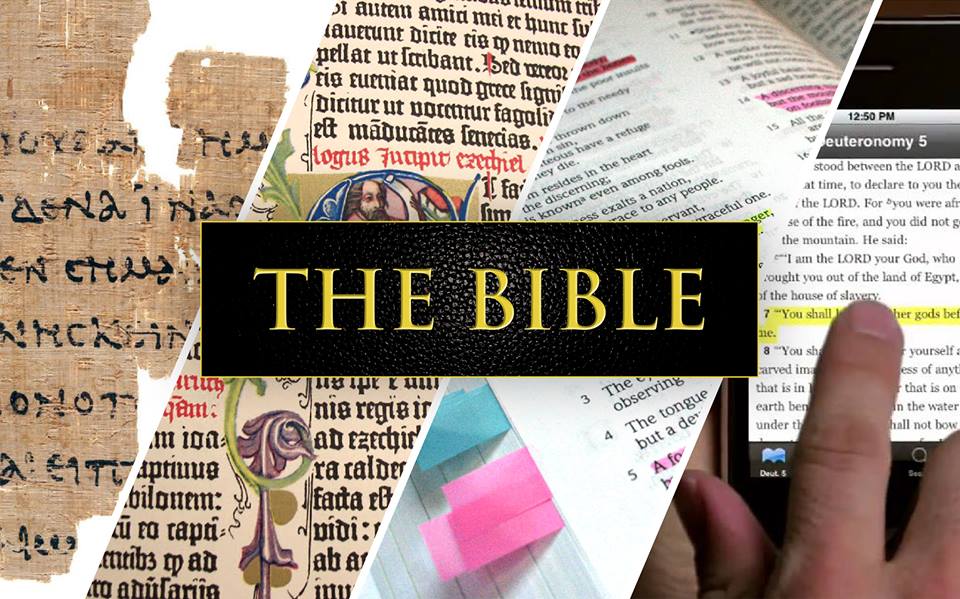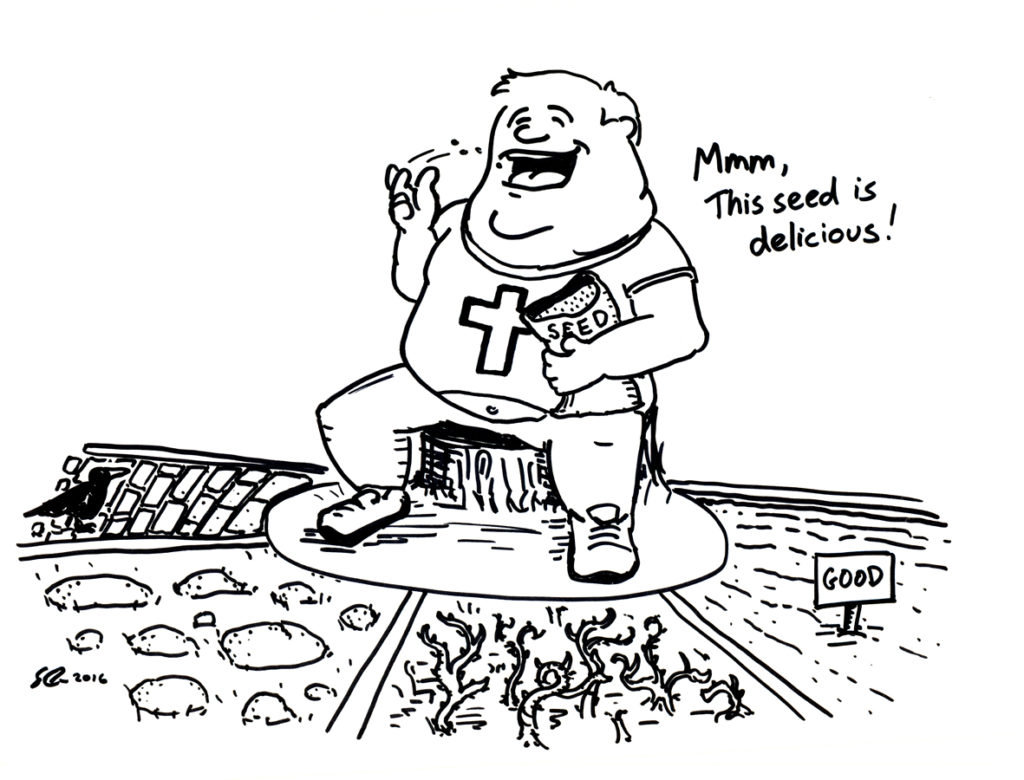
There is some debate amongst Christians about what the bible teaches about drinking alcohol and getting drunk. There are generally four positions that Christians fall under:
- Drinking any alcohol at all is forbidden for all Christians.
- Getting drunk is forbidden. To avoid this sin, no Christian should drink any alcohol at all.
- Getting drunk is forbidden. Drinking responsibly is permissible.
- Drinking alcohol, even to the point of drunkenness is not forbidden.
I think the bible holds position 3. Let me show you why I reach that conclusion.
Old Testament Warnings
There are many passages that warn God’s people of the dangers of wine’s alcoholic properties. The wisdom of the Old Testament for example warns us that “Wine is a mocker, strong drink a brawler, and whoever is led astray by it is not wise.†(Proverbs 20:1) An even more descriptive passage says:
“Who has woe? Who has sorrow? Who has strife? Who has complaining? Who has wounds without cause? Who has redness of eyes? Those who tarry long over wine; those who go to try mixed wine. Do not look at wine when it is red, when it sparkles in the cup and goes down smoothly. In the end it bites like a serpent and stings like an adder. Your eyes will see strange things, and your heart utter perverse things. You will be like one who lies down in the midst of the sea, Like one who lies on the top of a mast. ‘They struck me,’ you will say, ‘but I was not hurt; they beat me, but I did not feel it. When shall I awake? I must have another drink.’†(Proverbs 23:29-35)
The dangers of wine were well known and for the sake of them ruling with justice and wisdom, the kings of the Old Testament were instructed not to drink alcohol at all (Proverbs 31:4-5). This was also true of the Old Testament priesthood (Leviticus 10:9) and the Nazarites (Numbers 6:1-4).
New Testament Warnings
The New Testament also warns against alcohol, describing “drunkenness†and “drinking parties†as “sin†(1 Peter 4:1-3) and in both Galatians 5:21 and 1 Corinthians 6:10 the Apostle Paul makes the very heavy statement that drunkards “will not inherit the kingdom of Godâ€.
It’s no surprise therefore, that one of the qualifications of being an elder in the first century church was that you could not be a “drunkard†(1 Timothy 3:3, Titus 1:7) and a deacon also had to be one who was “not addicted to much wine†(1 Timothy 3:8). Likewise, godly older women were instructed not to be “slaves to much wine†(Titus 2:3). Last but not least, if there was still any confusion, Paul the Apostle gives Christians a clear command to not drink alcohol to excess: “Do not get drunk with wine, for that is debauchery.†(Ephesians 5:18)
The Bible’s celebration of wine
As we have seen, the bible in both Testaments clearly warns against and forbids drunkenness and this prohibition is especially important for anyone in any form of spiritual leadership or religious duty. But whilst it is clear that the bible forbids drinking alcohol to excess, it should not be concluded that the bible forbids drinking alcohol at all.
In fact, the bible is generally quite positive about wine as a good gift from God and there are clear passages where the drinking of wine is not only permitted, but recommended and celebrated:
“Go, eat your bread with joy, and drink your wine with a merry heart, for God has already approved what you do.†(Ecclesiastes 9:7)
“You [God] cause the grass to grow for the livestock and plants for man to cultivate,
that he may bring forth food from the earth and wine to gladden the heart of man.†(Psalm 104:14-15)
“Then he said to them, ‘Go your way. Eat the fat and drink sweet wine and send portions to anyone who has nothing ready, for this day is holy to our Lord.’†(Nehemiah 8:10)
“Oh may your breasts be like clusters of the vine, and the scent of your breath like apples, and your mouth like the best wine.†(Song of 7:8-9)
“And no one puts new wine into old wineskins. If he does, the wine will burst the skins—and the wine is destroyed, and so are the skins.†(Mark 2:22)
“No longer drink only water, but use a little wine for the sake of your stomach and your frequent ailments.†(1 Timothy 5:23)
Although these passages are quite an endorsement for wine, the clearest and arguably most relevant passages in the bible that demonstrates that God does not forbid wine is the Wedding at Cana in John 21-11. If you don’t know the story, I will describe it in more detail later, but the point is that this passage records the first of Jesus’ miracles – the famous turning of water into wine. If drinking wine itself was sinful, then when they had run out of wine, Jesus would not have miraculously produced more. Jesus’ actions show that not only is wine not forbidden – it’s actually a good and wonderful thing.
So, to summarise, it would seem that in general (apart from Old Testament religious leaders) the bible permits the drinking of alcohol, but it does not permit drinking so much that you get drunk.
Biologically this lines up with how God has designed our bodies. He has given us a liver which has the capacity to filter alcohol at a certain rate and if we exceed that we will intoxicate ourselves which is a form of bad stewardship of our bodies and a recipe for leading us into foolishness and sin.
We are also called to be “sober-minded†in many passages (see for example, 1 Peter 1:13, 4:7 & 5:8) so that we are ready to do good, help others, avoid temptation and be ready for any action that we may be needed for.
The only position that agrees with all of the bible’s passages on alcohol, is the third position mentioned at the start of this article: Getting drunk is forbidden. Drinking responsibly is permissible.
So wine is fine but you booze, you lose.
It is similar to the gift of sex. Sex is good and should be celebrated as long as it is within the confines which God has ordained – namely, a marriage between a man and a woman. Food too is a good gift that can sinfully be enjoyed to excess. So sex can be expressed sinfully in orgies and immorality and eating food can become a source of greed and gluttony. In the same way, drinking wine can turn into drunken parties and debauchery. Of course, neither sex, food nor alcohol should be considered forbidden for Christians, but we must not abuse or misuse these good gifts either. Keep sex for marriage, eat healthy, and if you drink, don’t get drunk.
Permission not a command
Now, just because the bible says that it is ok for a Christian to drink alcohol in moderation, it doesn’t mean you have to. Many Christians have decided that for them, the best way to avoid drunkenness is to not drink at all. You are very free to hold that position. In fact, some people should. If you feel particularly tempted to drink to excess, maybe consider not drinking at all. Also, I know that some ministers choose not to drink, not because they particularly feel vulnerable, but to not leave any room of possibility for the sin of drunkenness to take hold.
Of course, others may argue that it is good for a minister to share in a drink with others, to model moderation and to avoid the appearance of suggesting that alcohol itself is forbidden. They may also see the evangelistic benefits to being able to enjoy a beer with someone as for some guys that can be a social sign of friendship and comfortability.
So, on the issue about whether you personally should drink alcohol, that is something that you must decide for yourself. The bible does not forbid it, so you shouldn’t think it sin, but it may be for you unwise.
In 1 Corinthians 6:12, just after warning against drunkenness, Paul writes, “All things are lawful for me but not all things are helpful. All things are lawful for me but I will not be dominated by anything.†If you are worried about wine not being “helpful†or potentially “dominating†you, then even if alcohol may be “lawfulâ€, you don’t have to drink.
There is also wisdom in not drinking alcohol, if it will cause another Christian to be tempted to drunkenness or due to their lack of understanding about the bible, will believe you are sinning by drinking. Consider this instruction from Paul:
“I know and am persuaded in the Lord Jesus that nothing is unclean in itself, but it is unclean for anyone who thinks it unclean. For if your brother is grieved by what you eat, you are no longer walking in love. By what you eat, do not destroy the one for whom Christ died. So do not let what you regard as good be spoken of as evil. For the kingdom of God is not a matter of eating and drinking but of righteousness and peace and joy in the Holy Spirit. Whoever thus serves Christ is acceptable to God and approved by men. So then let us pursue what makes for peace and for mutual upbuilding.
Do not, for the sake of food, destroy the work of God. Everything is indeed clean, but it is wrong for anyone to make another stumble by what he eats. It is good not to eat meat or drink wine or do anything that causes your brother to stumble. The faith that you have, keep between yourself and God.†(Romans 14:14-22)
As you can see by this passage, there is nothing sinful or “unclean†about drinking wine, but also it is good not to drink wine if it causes your brother in Christ to stumble. We may have a right to drink, but we give up our rights for the sake of “peace and for mutual upbuildingâ€.
A practical application of this might be if you are having some Christian friends over for dinner and you know that one of them is a new Christian and believes that drinking alcohol is sinful, for their sake, you probably should not offer a bottle of wine with the meal.
So feel free to drink responsibly and feel free not to drink for your good and the good of others.
One last thing I would say is, if you choose not to drink, you should not judge any other Christian for making a different choice. If you think they are unwise for drinking due to some particular circumstance, by all means tell them in love. But do so with the awareness that you are giving them what you believe to be wise and godly counsel, and not rebuking them for sinning. In the same chapter I referred to above, Paul covers this principle: “Let not the one who eats despise the one who abstains, and let not the one who abstains pass judgment on the one who eats, for God has welcomed him. Who are you to pass judgment on the servant of another? It is before his own master that he stands or falls.†(Romans 14:3-4)
Could it be Non Alcoholic Grapejuice?
The last point I want to cover is the suggestion by some Christians that when the bible commends or permits the drinking of wine that drink was not actually alcoholic, it was unfermented grapejuice. In Matthew 26:29, for example, Jesus refers to wine as simply “fruit of the vine†and there’s no necessary indication that it was alcoholic. Those that argue this position, point out that fact that there is no differentiation in the original greek for the word for grapejuice and the word for alcoholic wine.
Despite the truth of this linguistic reality, I don’t think this gives a loophole to hold the position that drinking alcohol is sinful.
The reality is that all grapejuice eventually fermented naturally as they had no technology or method of preventing that. So the suggestion by those that hold this position is that when the bible encourages and celebrates the drinking of wine, it is only referring to freshly squeezed grapejuice, whereas the wine that it warns about as potentially leading to drunkenness is the older fermented grapejuice. This distinction is simply not made in the bible.
For example, in 1 Timothy, Paul first warns against wine’s addictive potential (1 Timothy 3:8), but then near the end of the same epistle, he suggests that Timothy “No longer drink only water, but use a little wine for the sake of your stomach and your frequent ailments.†(1 Timothy 5:23). It is a big stretch to suggest that Paul is talking about one drink in chapter 3 but a different drink in chapter 5, even though he uses the same word for both. The more obvious conclusion is that Paul is simply talking about wine – normal alcoholic wine. Wine has the potential for being addictive, but that does not make it sinful to drink in moderation. In fact, as Paul points out, it may even be good for your health.
The Wine at the Wedding
Lastly, the story of the Wedding at Cana is for me, the best passage to demonstrate that Jesus both endorses the drinking of wine and that the wine that is being talked about is alcoholic wine, not unfermented grapejuice.
The story is found in John 2:1-11 and tells of Jesus’ first miracle. Jesus attends a wedding where wine is being served and to the great social shame of the bridegroom, they had run out of wine before the party was over. You probably know what happens next – Jesus turns six jars of water into delicious high quality wine, saving the reputation of the bridegroom and displaying his glory and power to his disciples. The question is, when this passage talks about “wine†is the grapejuice being talked about something that is non-alcoholic or alcoholic? I think it is undeniably alcoholic. Here’s why:
Firstly, there’s really no reason for thinking it is non-alcoholic. The idea of having alcoholic wine at a celebration was culturally acceptable, which is why drunkenness was still an issue that needed to be addressed even amongst Jews. Remember, even Jesus was accused of being a “glutton and drunkard†(Matthew 11:19) by those that opposed him. Jews were not “teetotallersâ€. The only reason why you would think that the wine at the Wedding in Cana must be non-alcoholic is because you were trying to force that idea into the story.
Secondly, as I have already mentioned, in the first century there was no way of preventing grapejuice from fermenting. So to suggest that all the wine at the wedding was non-alcoholic, you’d have to also suggest that they were supplying completely freshly squeezed grapejuice as required, to avoid any of it fermenting. This is simply impractical, especially as weddings in ancient Israel would often involve days of feasting and celebration.
Thirdly, and most convincingly, the words of the master of the feast himself tells us that the wine was alcoholic. After tasting the wine that Jesus had miraculously created, he is amazed that the bridegroom was only bringing out this fine drop at the later stages of the wedding celebration. He says: “Everyone serves the good wine first, and when people have drunk freely, then the poor wine. But you have kept the good wine until now.†(John 2:10) Think about that. Why do you bring the good wine out first and leave the cheap grog for later in the party? Because later on, everyone is too drunk to discern or care about how good the wine is.
The ESV is slightly subtle in it’s language, but as you can see here, the root of the Greek word that is used is always referring to when someone is affected by alcohol. For example, in Acts 2:15 when Peter tells the crowd that “these people are not drunk, as you supposeâ€, the Greek word for “drunk†used here is almost identical to the Greek word translated as “people have drunk freely†in John 2:10.
The point is hopefully clear. The wine that was being drunk at the Wedding in Cana was definitely alcoholic, and the new wine that Jesus created was even better. I won’t even entertain the suggestion that although the rest of the wine at the feast was alcoholic, Jesus created non-alcoholic freshly squeezed grapejuice and the master of the feast still thought it was better. Try serving high quality Ribena after you’ve run out of Merlow at your next wedding and see if your guests think you’ve given them an upgrade!
Conclusion
The Bible has much to say on wine. A lot of it is good. Some of it is bad. Wine is definitely a dangerous thing and alcohol has caused much damage over the millenia because people have not listened to the bible’s warnings about it’s addictive and intoxicating potential.
But if you are wanting a straight answer as to what the bible says on the topic of alcohol and what is or isn’t permissible, here is my summary:
- Is it permissible for Christians to drink alcohol? Yes.
- Do Christians ever have to drink alcohol? No.
- Is it at times wise and loving for Christians not to drink alcohol? Yes.
- Is it permissible for Christians to get drunk? No.
(439)


